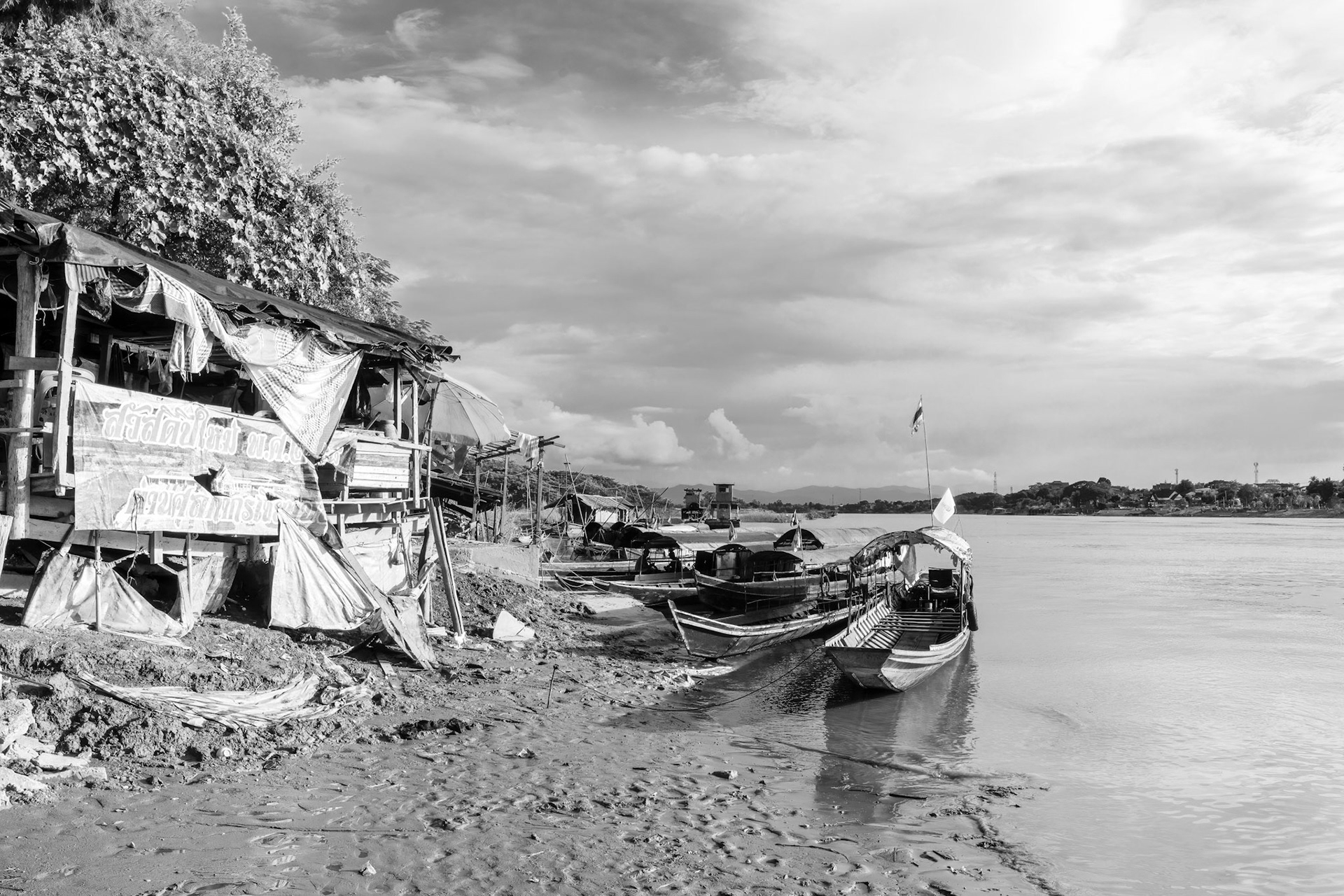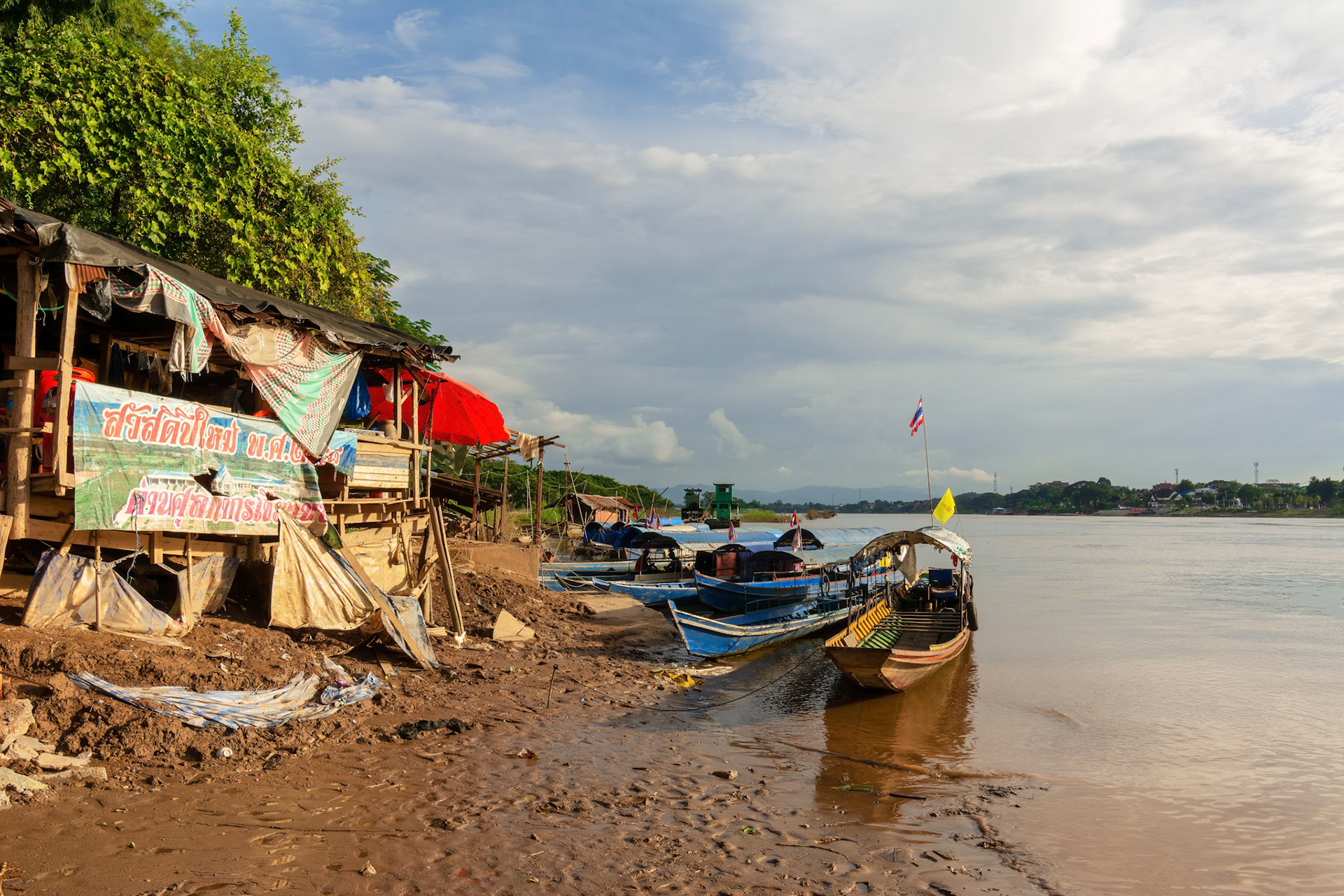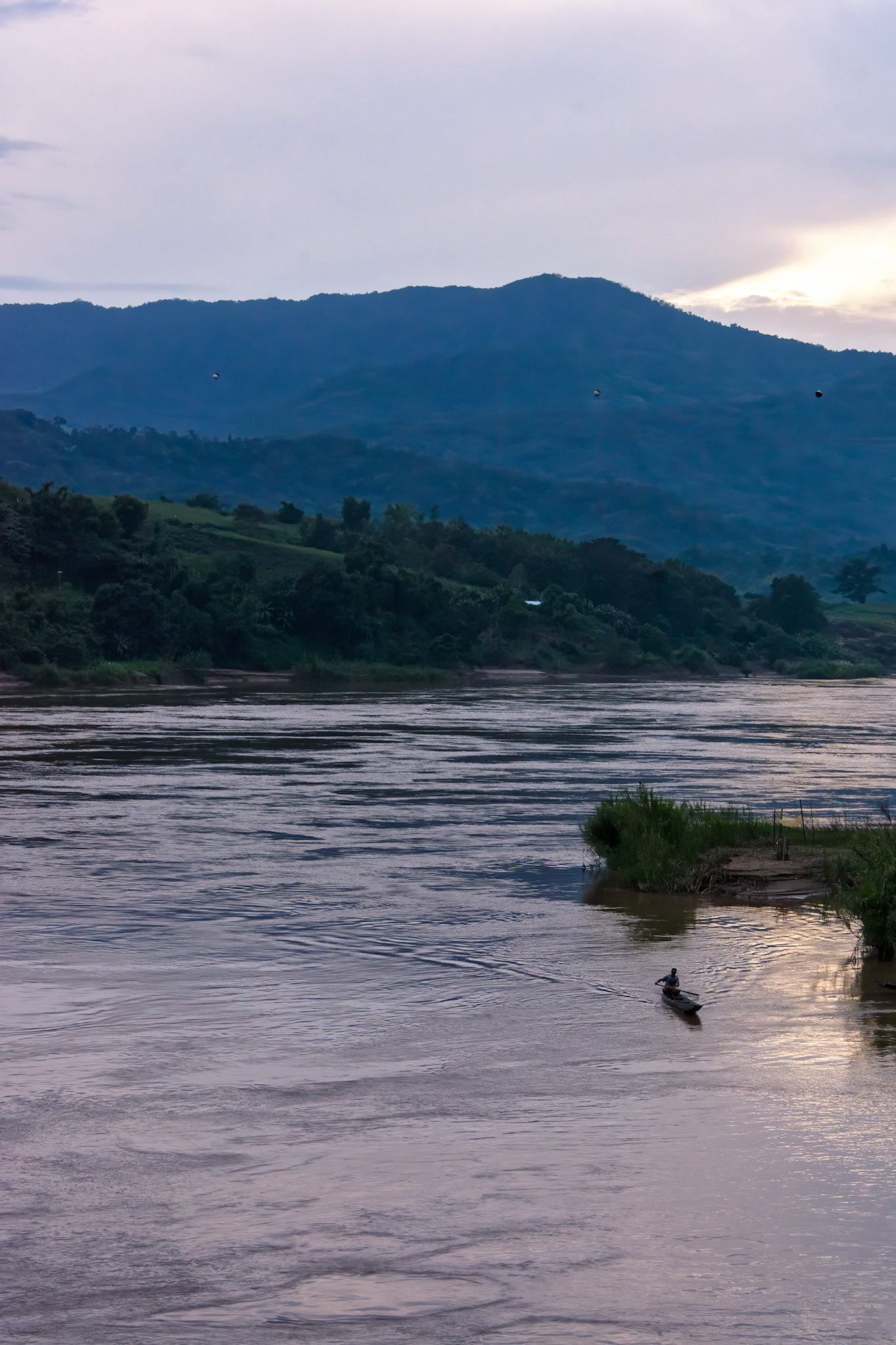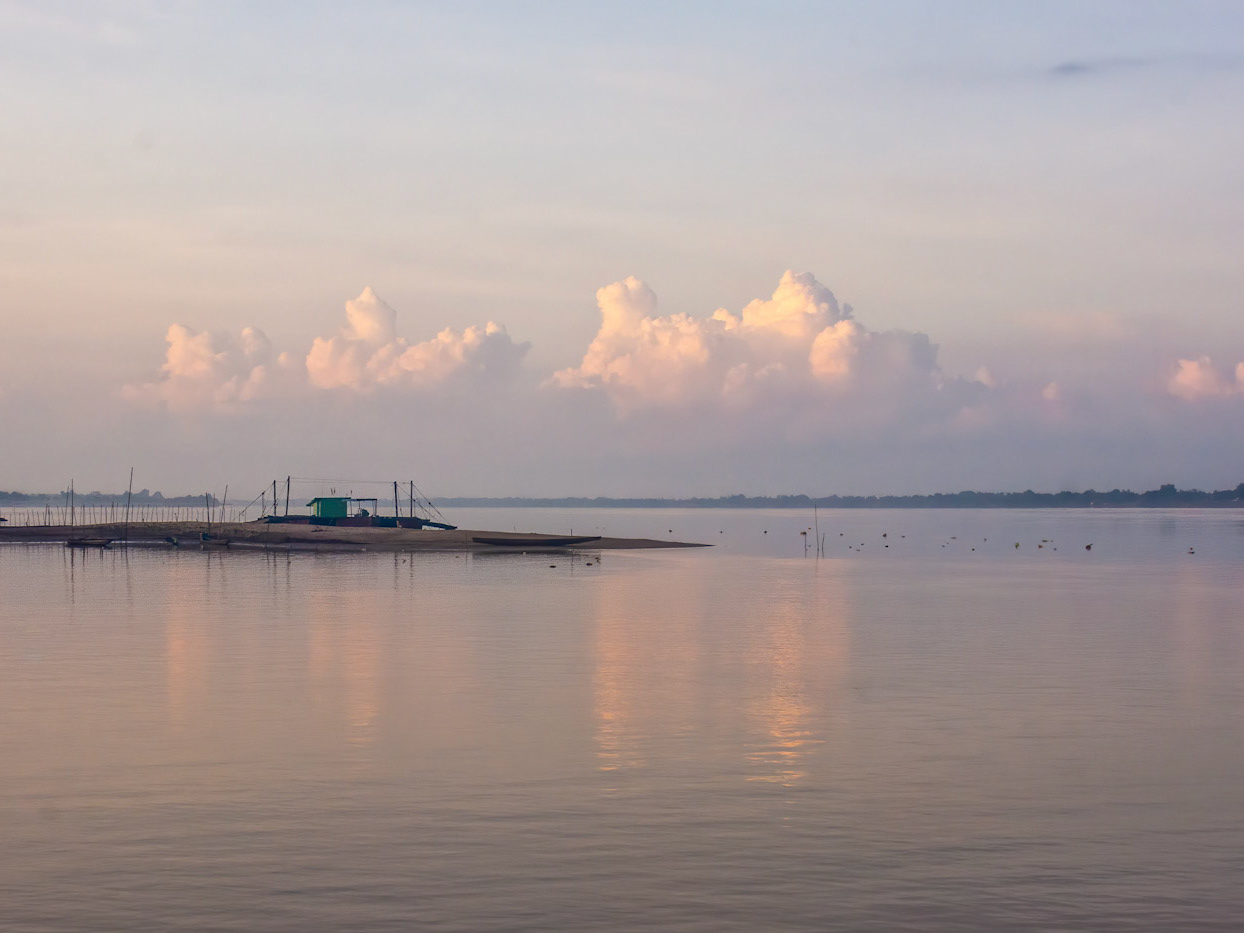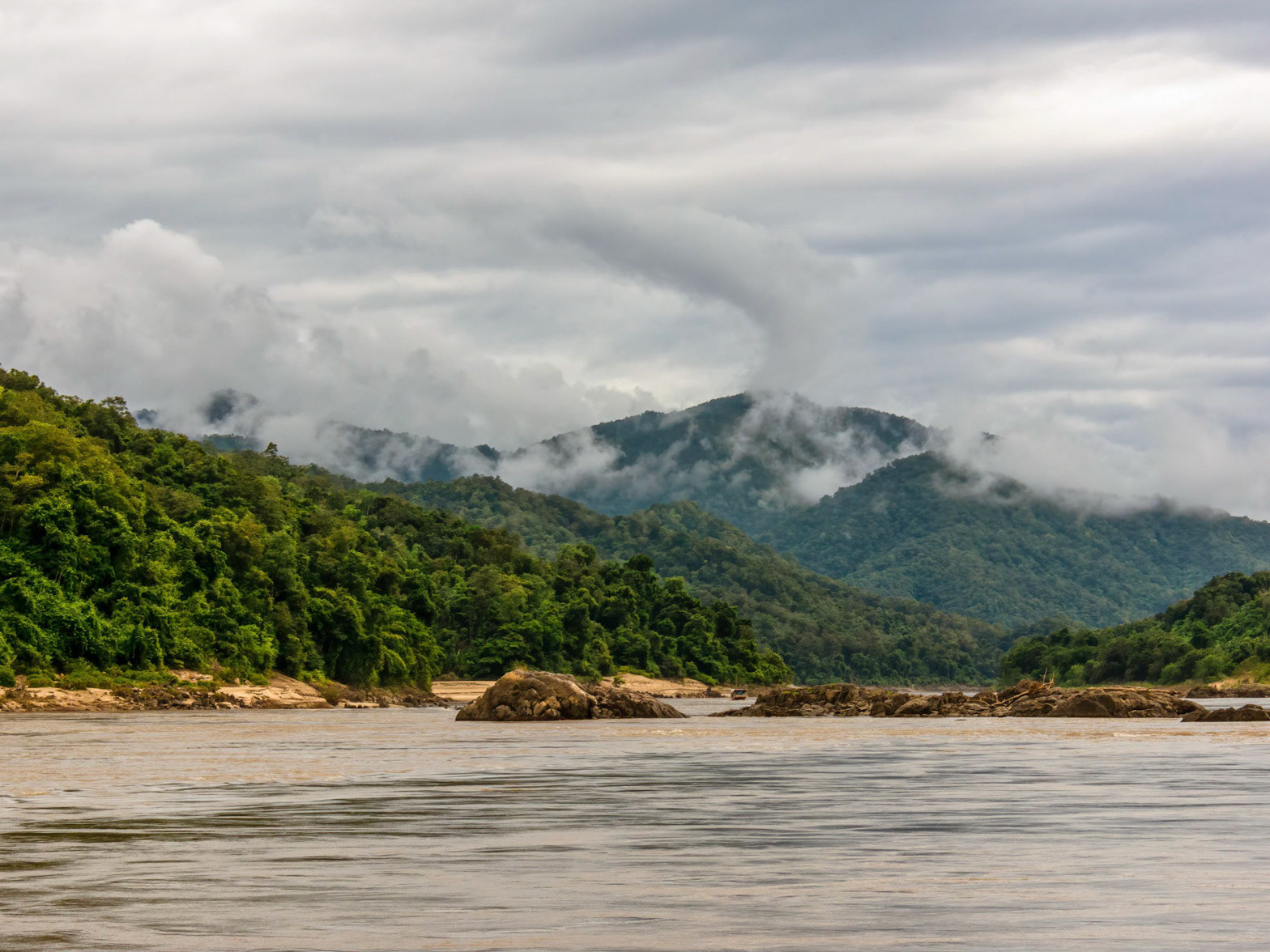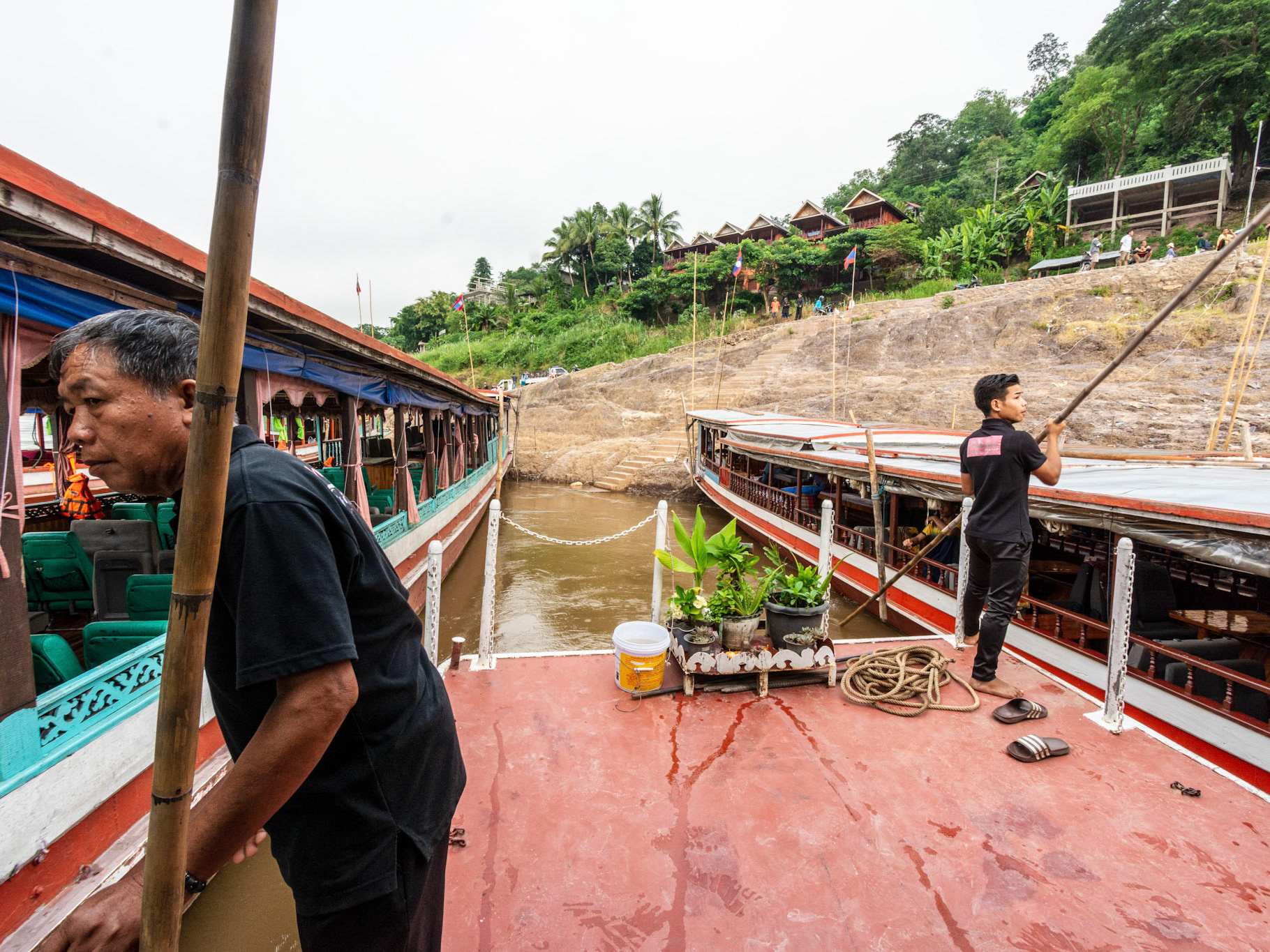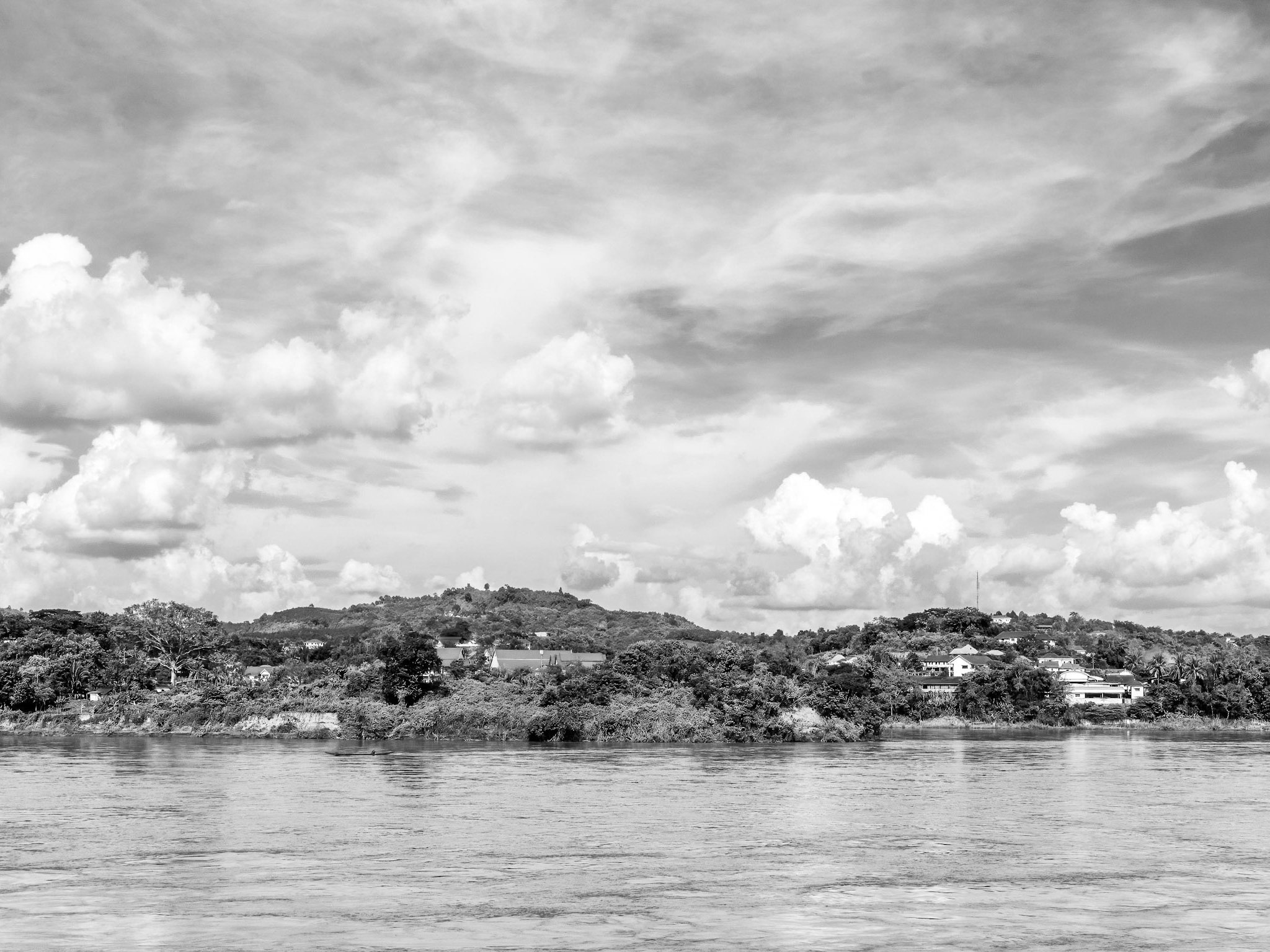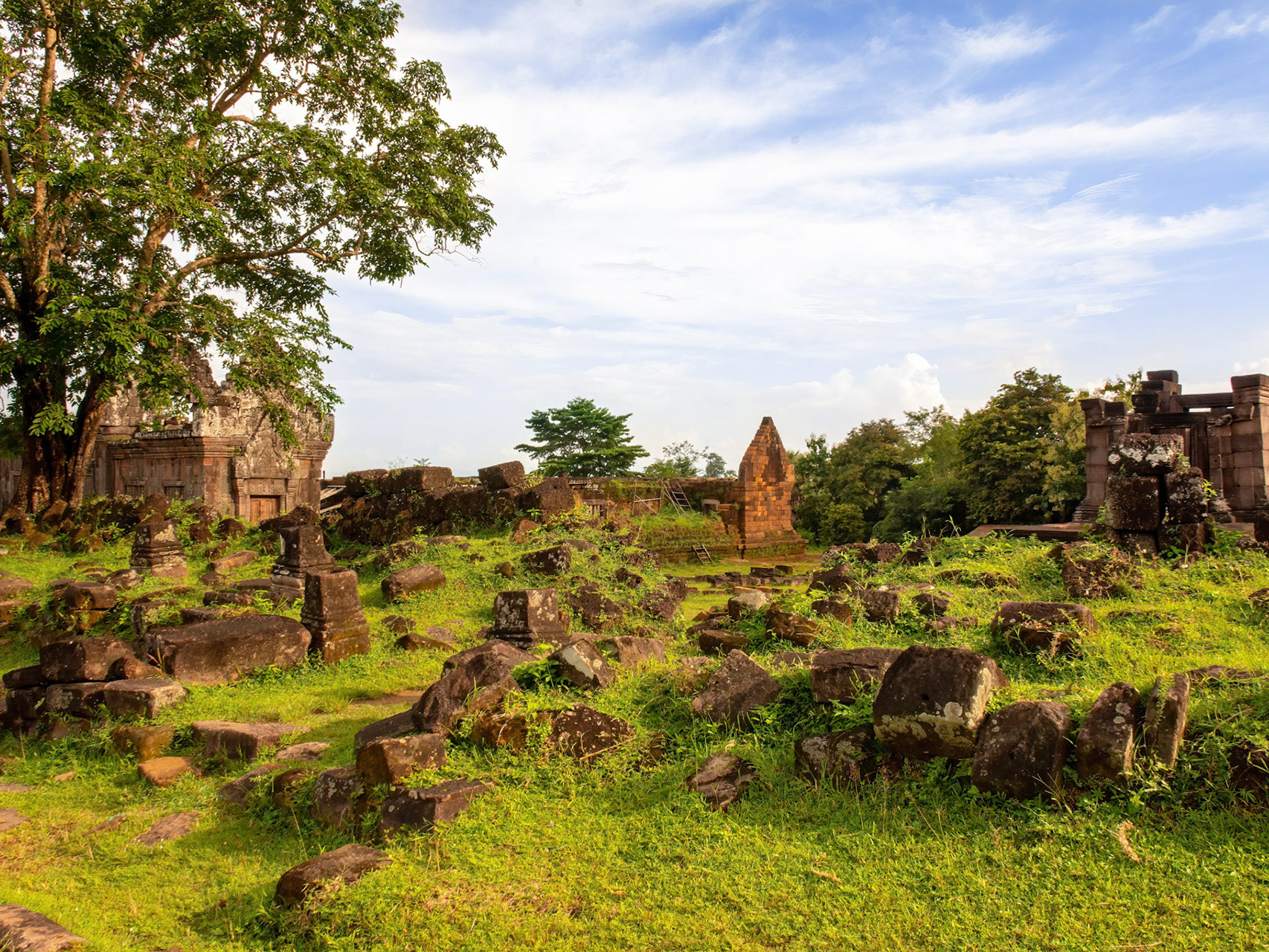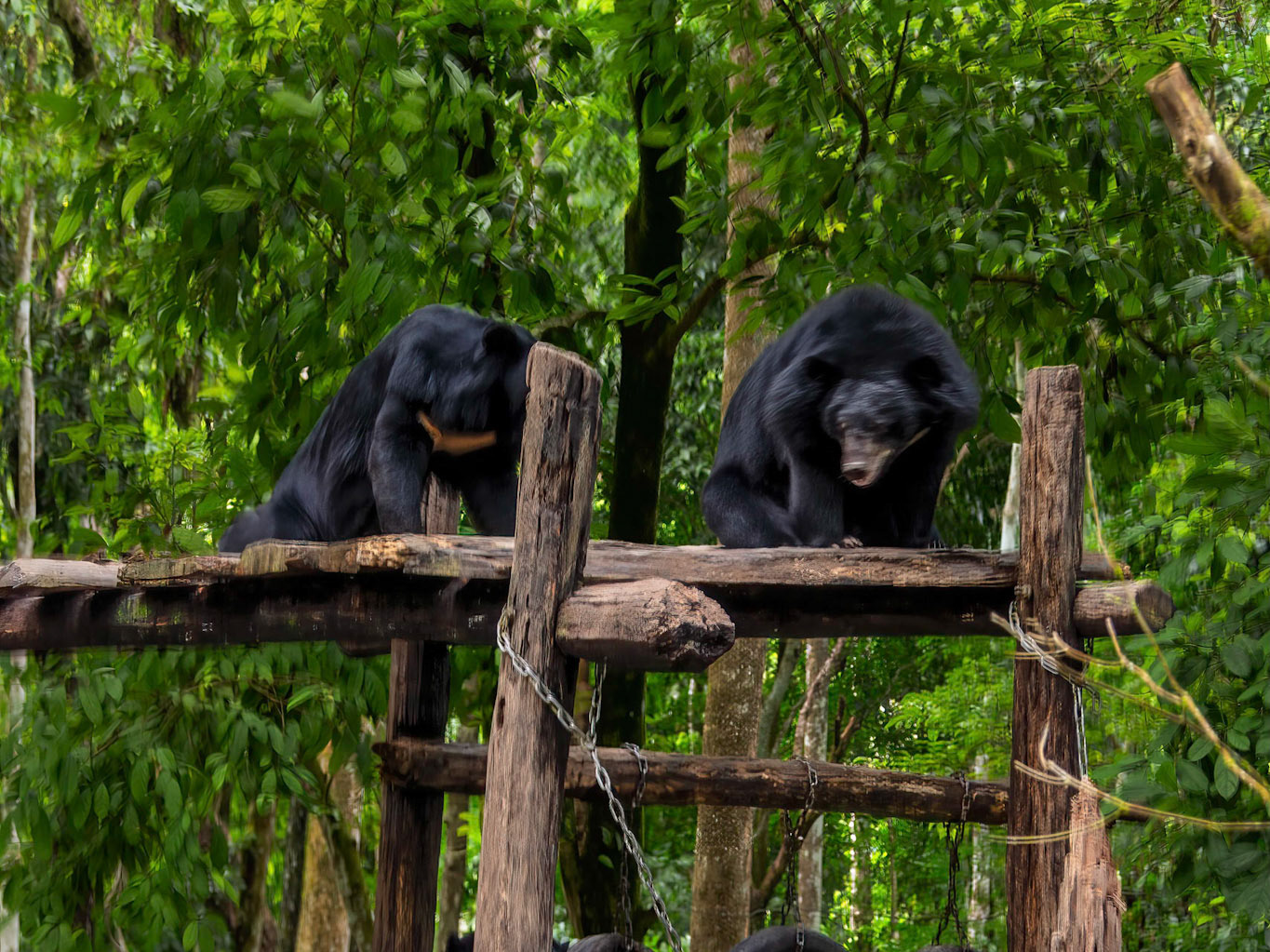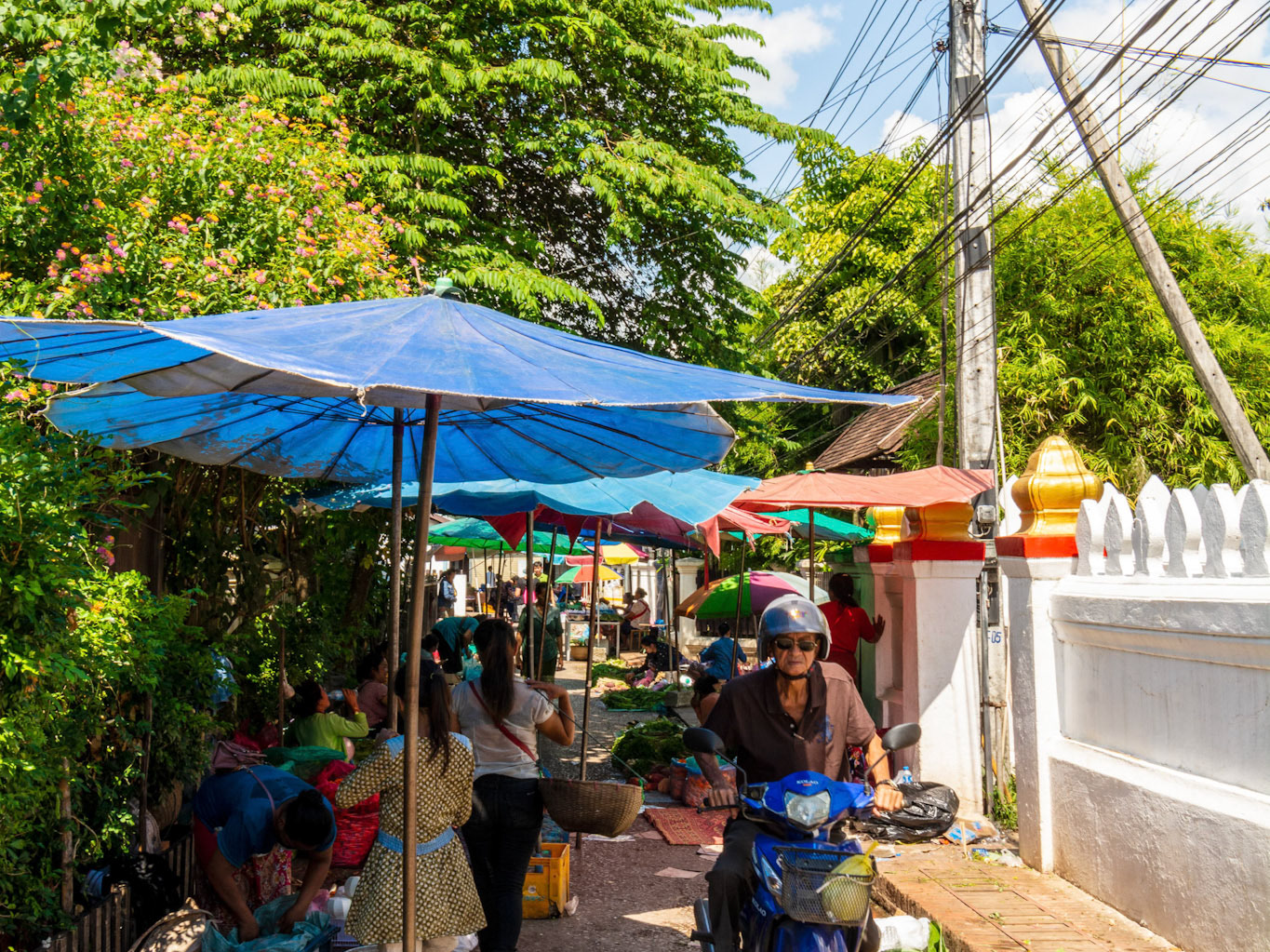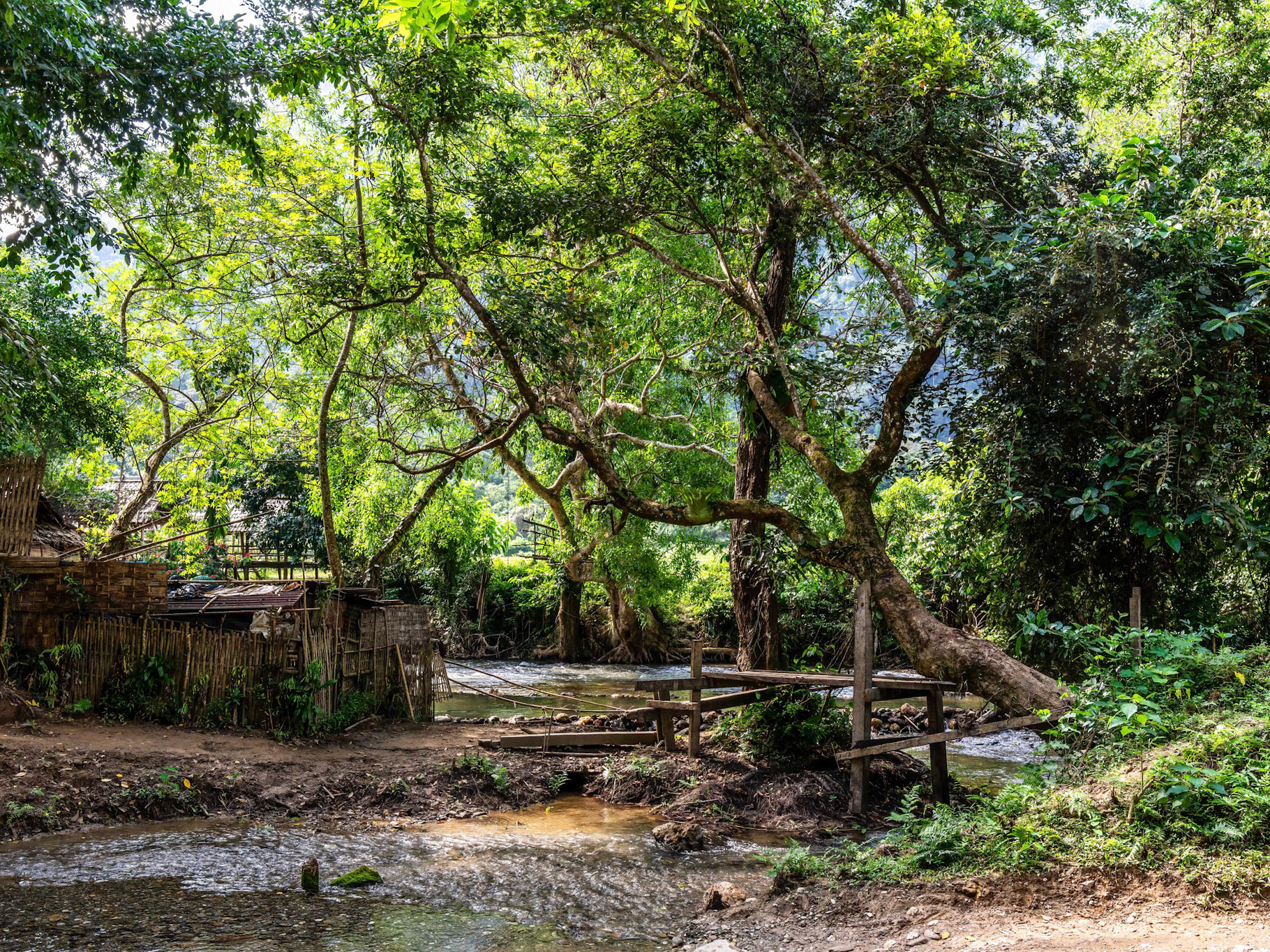The choice was either a very slow bus, 6-7 hours, or car, roughly 4.5 hours from Chiang Mai to Chiang Khong. Although the bus has air-conditioning, it took all of 2 minutes to decide on the car. Included in the fee was a visit to Wat Rong Khun - วัดร่องขุ่น (White Temple), which I wanted to see again. We made the turn off and approached the car park and saw the huge number of tour buses and even greater amount of people- visit aborted! I'd made the mistake of travelling on a Saturday and arriving at the temple at about 11:00, which was probably the worst time. Onward to Chiang Khong, check in and then a bit of lunch before setting out.
Chiang Khong's directly opposite Ban Houay Xai in Laos and I thought it might be worth a look before crossing into Laos the next day. Although the town is really only one street running parallel to the Mekong, it seems more substantial than Ban Houay Xai. On the riverside there was also a narrow road, closed to vehicular traffic because various sections had been undermined by flooding, great chunks of road were hanging askew held together only by the embedded steel reinforcing.
Stop 1 Boat Ramp; Formally the place where cross river boats landed, the ramp is still in use for small river trading boats.
Stop 2 Wat Phra Kaew Chiang Khong - วัดพระแก้ว เชียงของ. Except for the claim that this rather nice temple is the oldest in the Chiang Khong District I couldn't find any further information.
Stop 3 Round the corner and up the road people were setting up the street market ready for the night's trading.
Stop 4 Old city wall remnants; about 200 m up from the market, on each side of the street are what remains of the old wall. I assume the old gate was where the road cuts through. Unfortunately information is rather thin, there's not even a plaque on the wall.
As difficult as it is to believe, I was up to watch sunrise over the river before packing up and heading to the border. Since 2013 it's no longer possible for foreigners to cross into or out of Laos by the old Chiang Khong Ban Houay Xai river ferry, I understand locals, however, are still able to cross by boat. Nowadays you go about 8 km out of town, 5 km south and then 3 km east. First to Thai Immigration, say good bye to the tuk tuk and get stamped out of Thailand; then into no-man's land and hop on a shuttle bus to cross the Mekong to the Lao side and then thirdly to go through Lao Visa Control.
Despite the steps involved it's a pretty smooth, quick and painless process with seemingly few people making the crossing at any one time. Once through Lao Immigration I went in search of transport to my guest house and was lucky to find the guest house owner was at the office- sorted! I was very disappointed with the accommodation I had the last time, even though it was exceedingly cheap, so splashed out a whole $US45 for the Houayxai Riverside Hotel, which is only 20 metres from the slow boat landing where next day I would depart to Luang Prabang. I was given a pleasant corner room right on the river with a tiny, one person standing at a time, balcony.
I went in quest for a SIM card and the first shop I went to, where I had obtained one the previous year, didn't sell them any more, so continued down the street asking at every shop if they had the cards. Finally I was able to get one, but then, of course, despite being able to register it on the network I couldn't get it to work. Frustrated with that and being near to the easy road to Vat Chomkao Manilat, I headed up there. Finally back at the guest house in time for the late afternoon light at the landing ramp, unfortunately it clouded over so there wasn't much of a sunset.
In 2019, when I returned to Houay Xai, the river level was the lowest it had been in 60 years; to get an idea of the difference see the Houay Xai 2019 album.
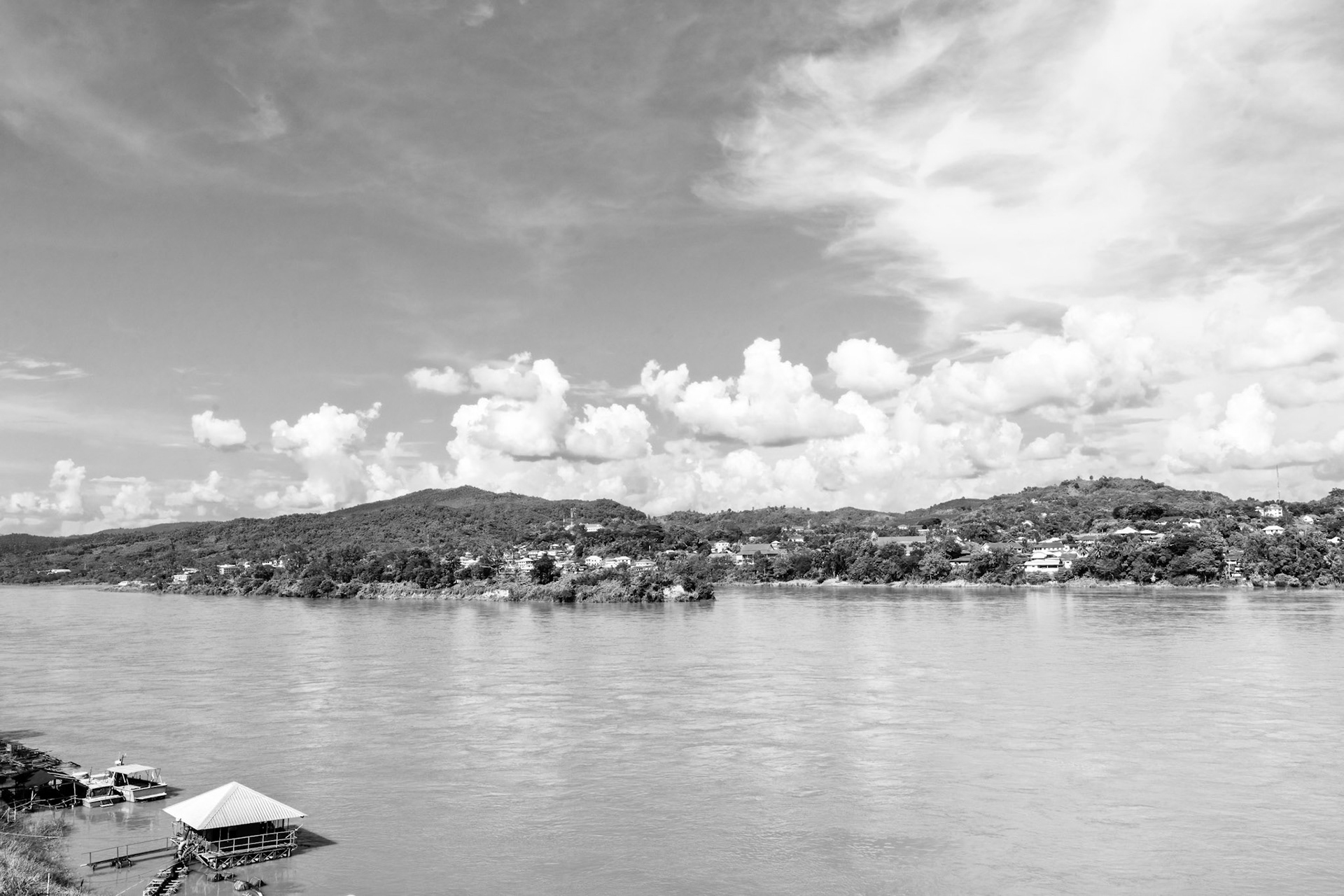

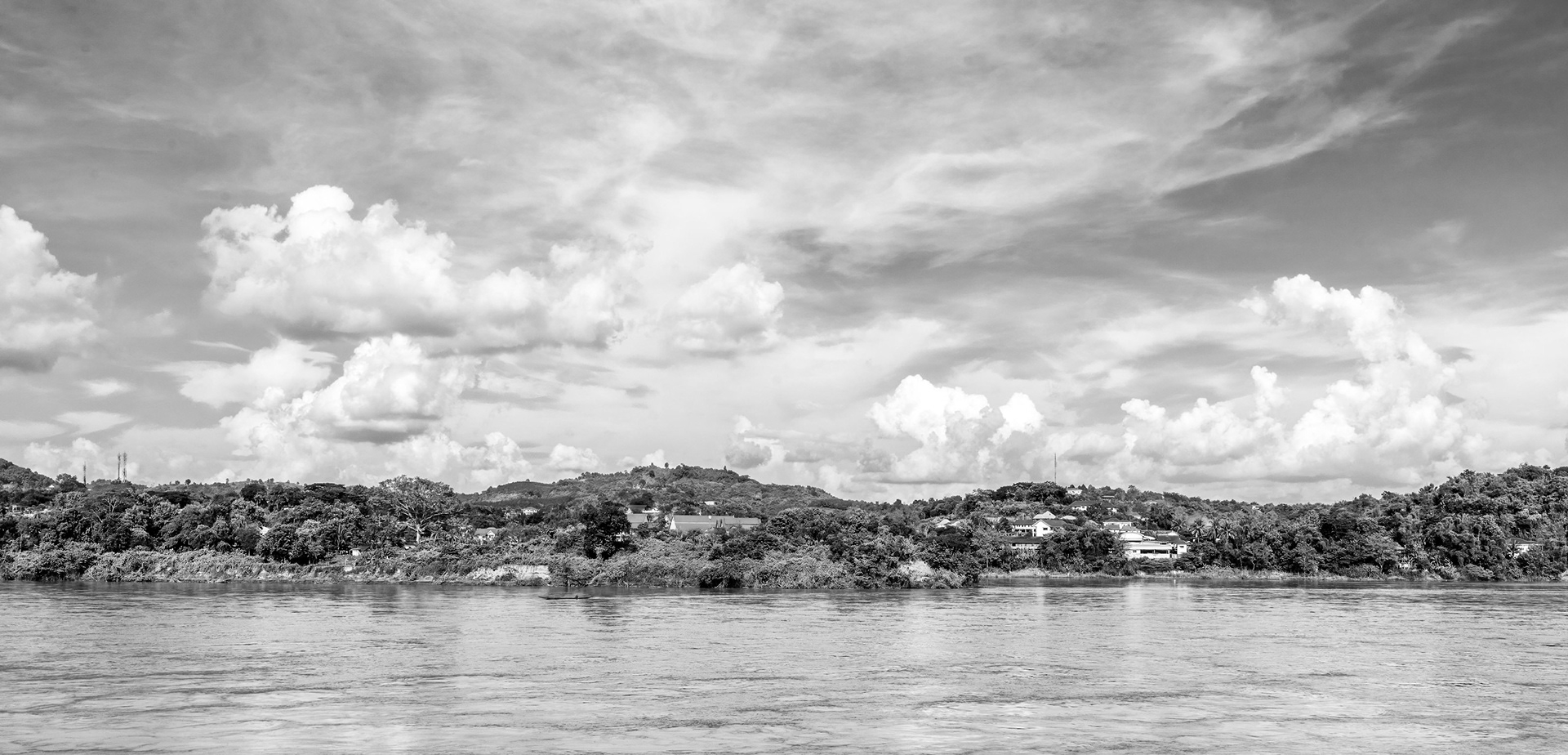
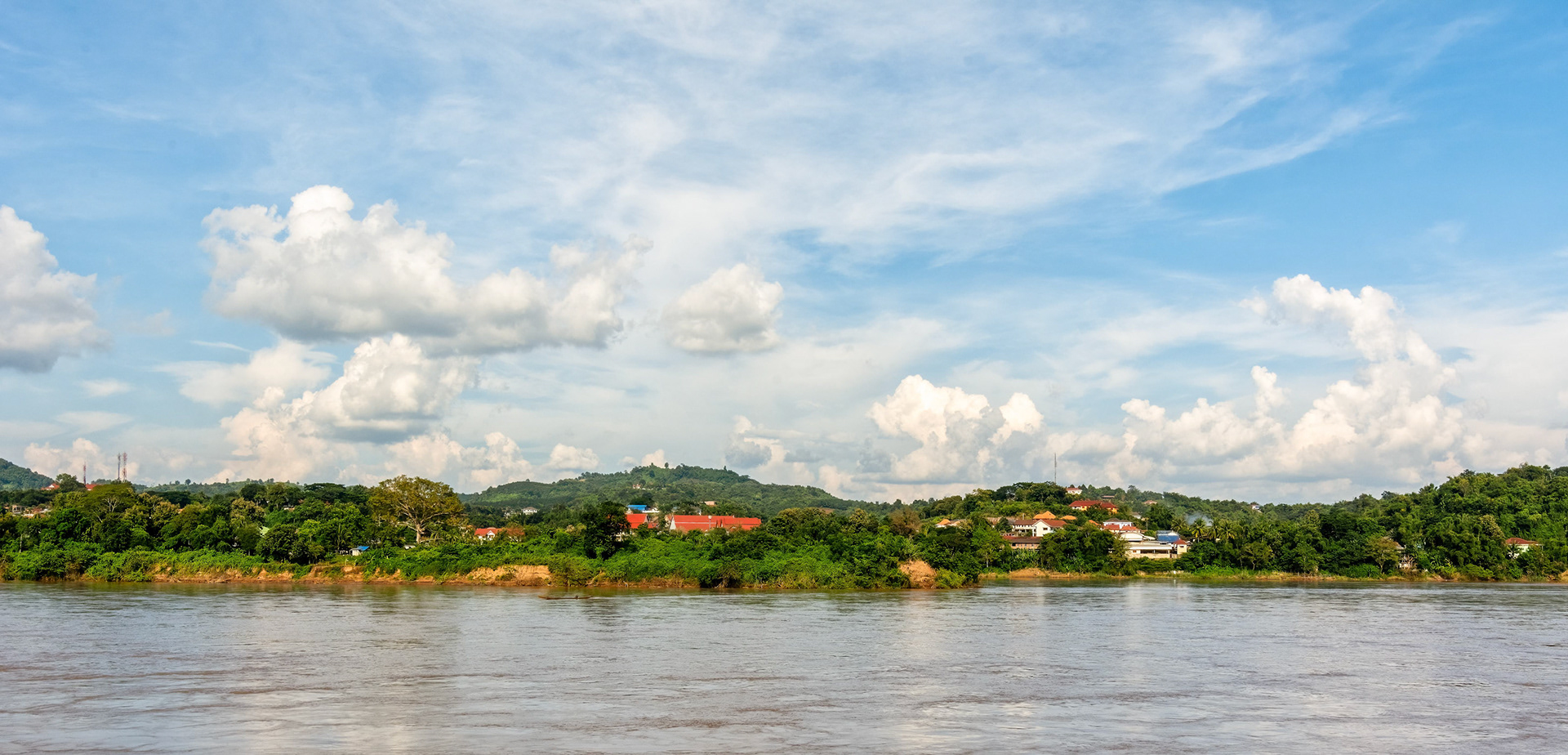
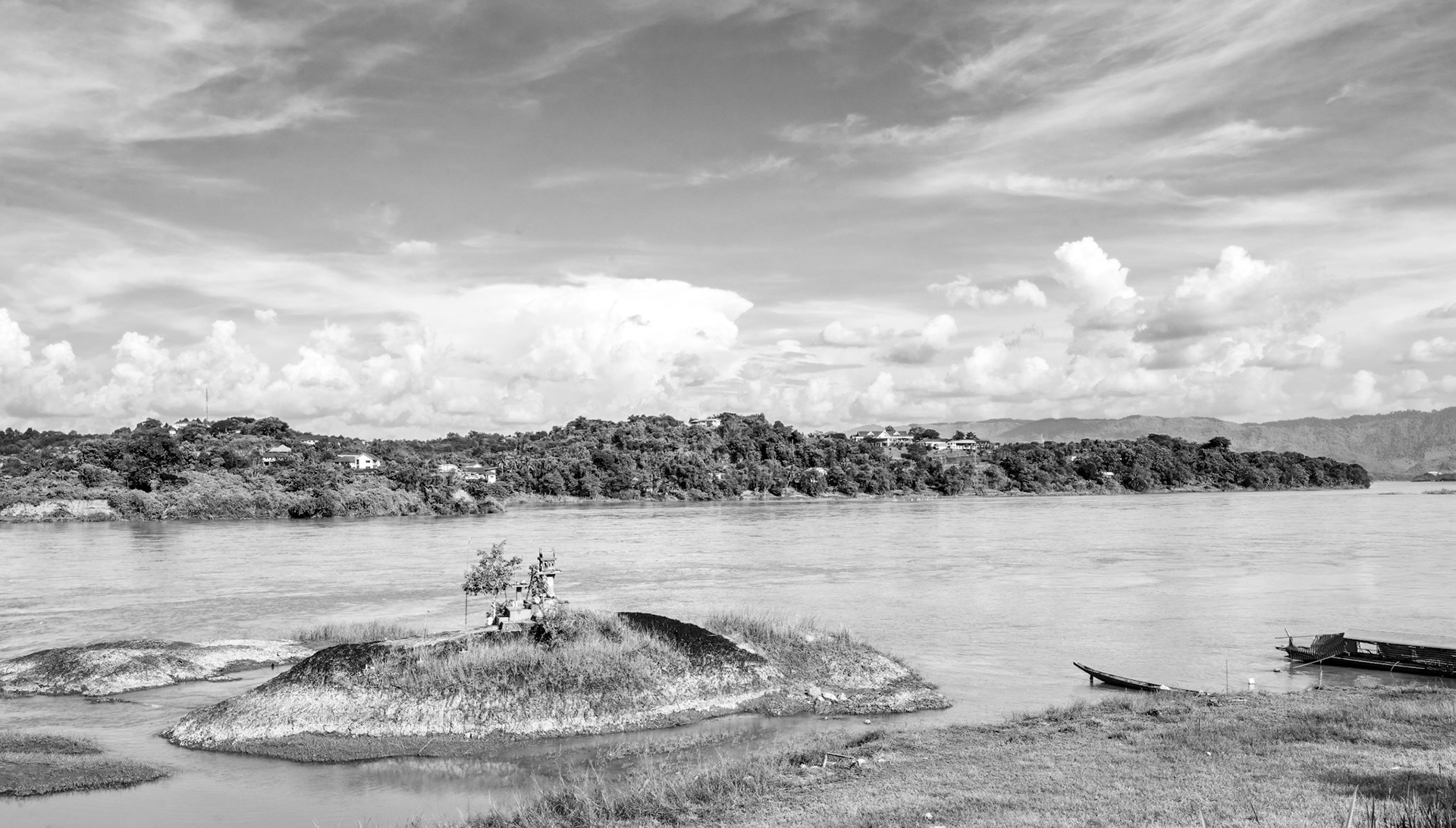
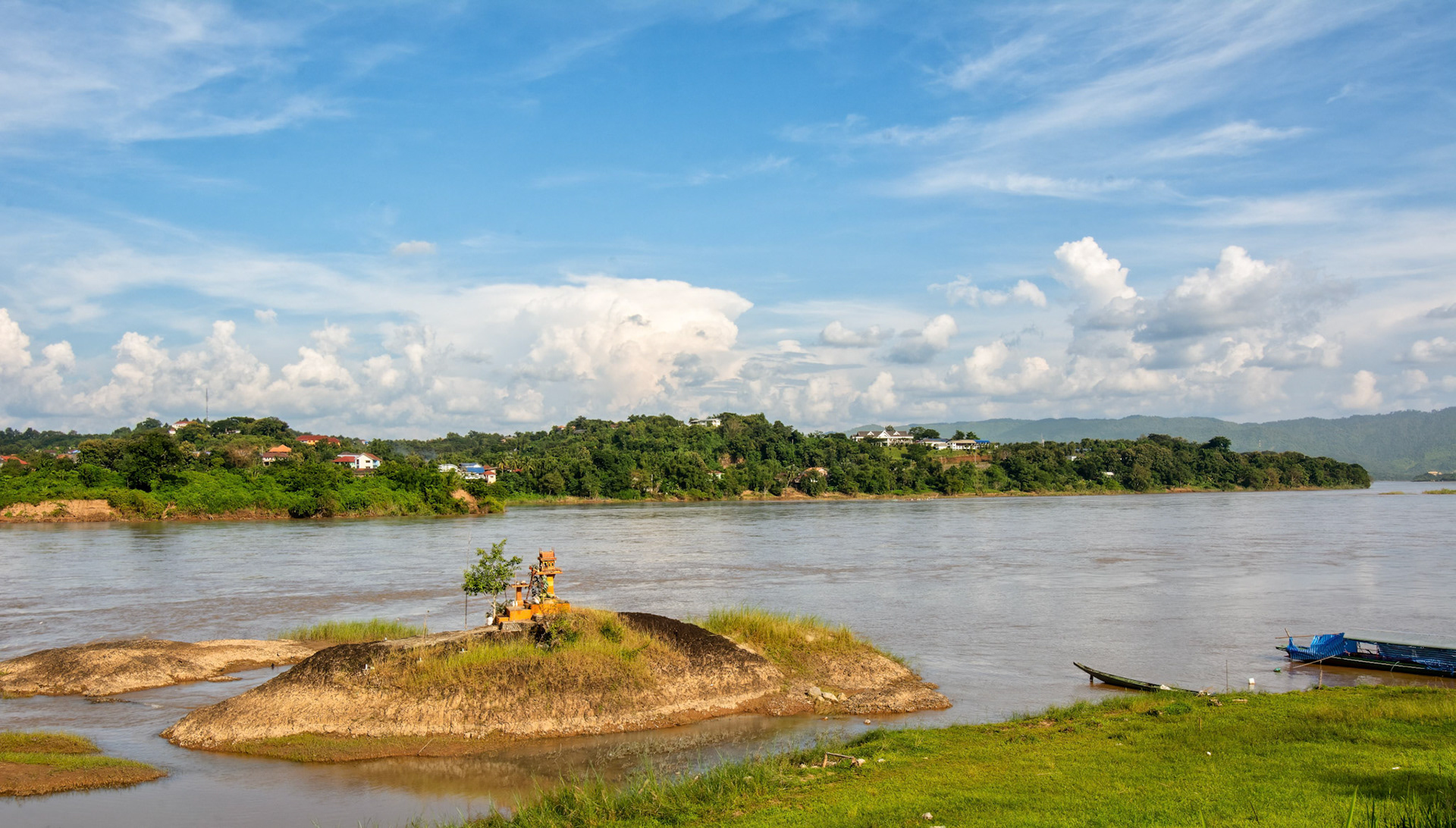
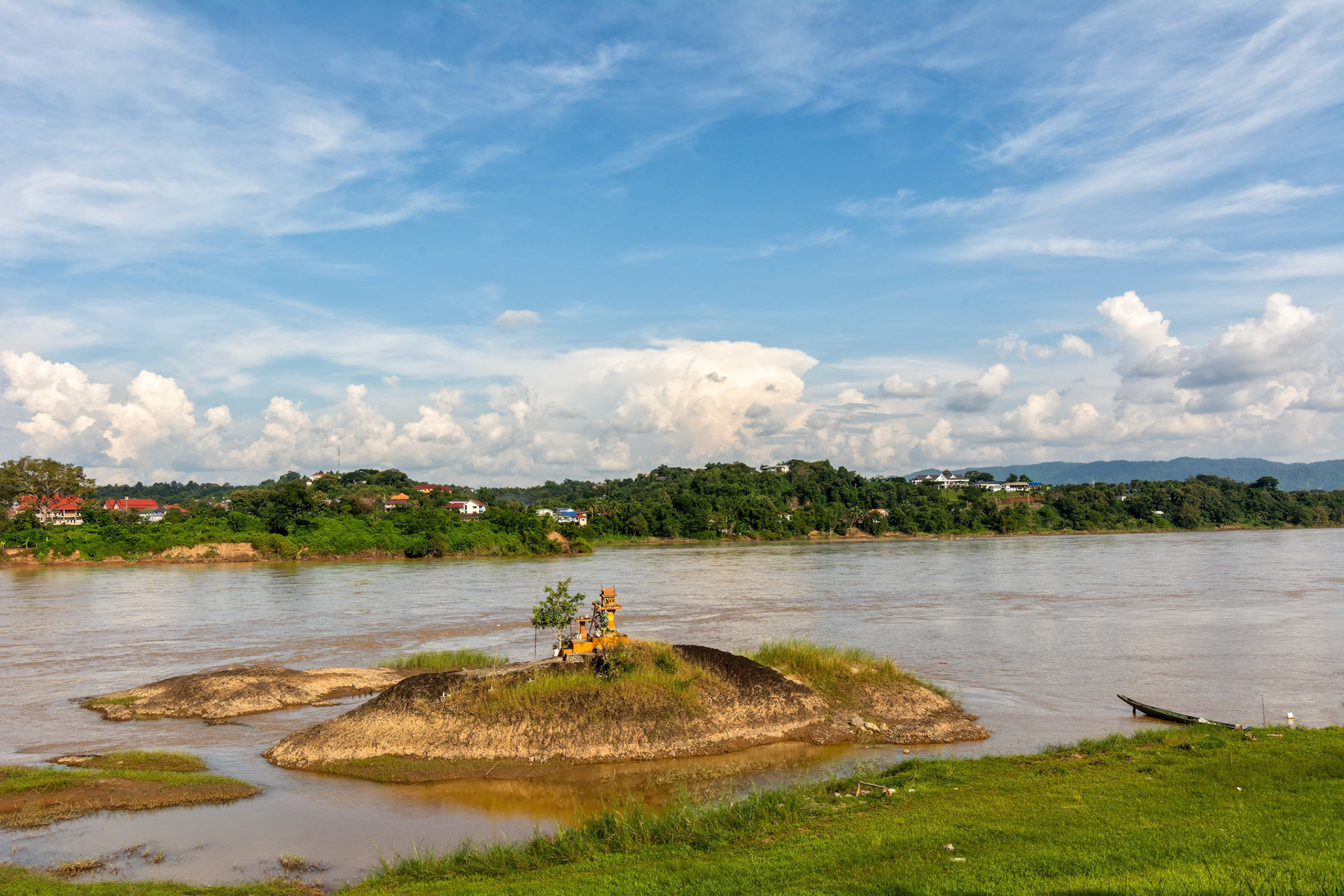
Mekong River, Chiang Khong - เชียงของ, Thailand
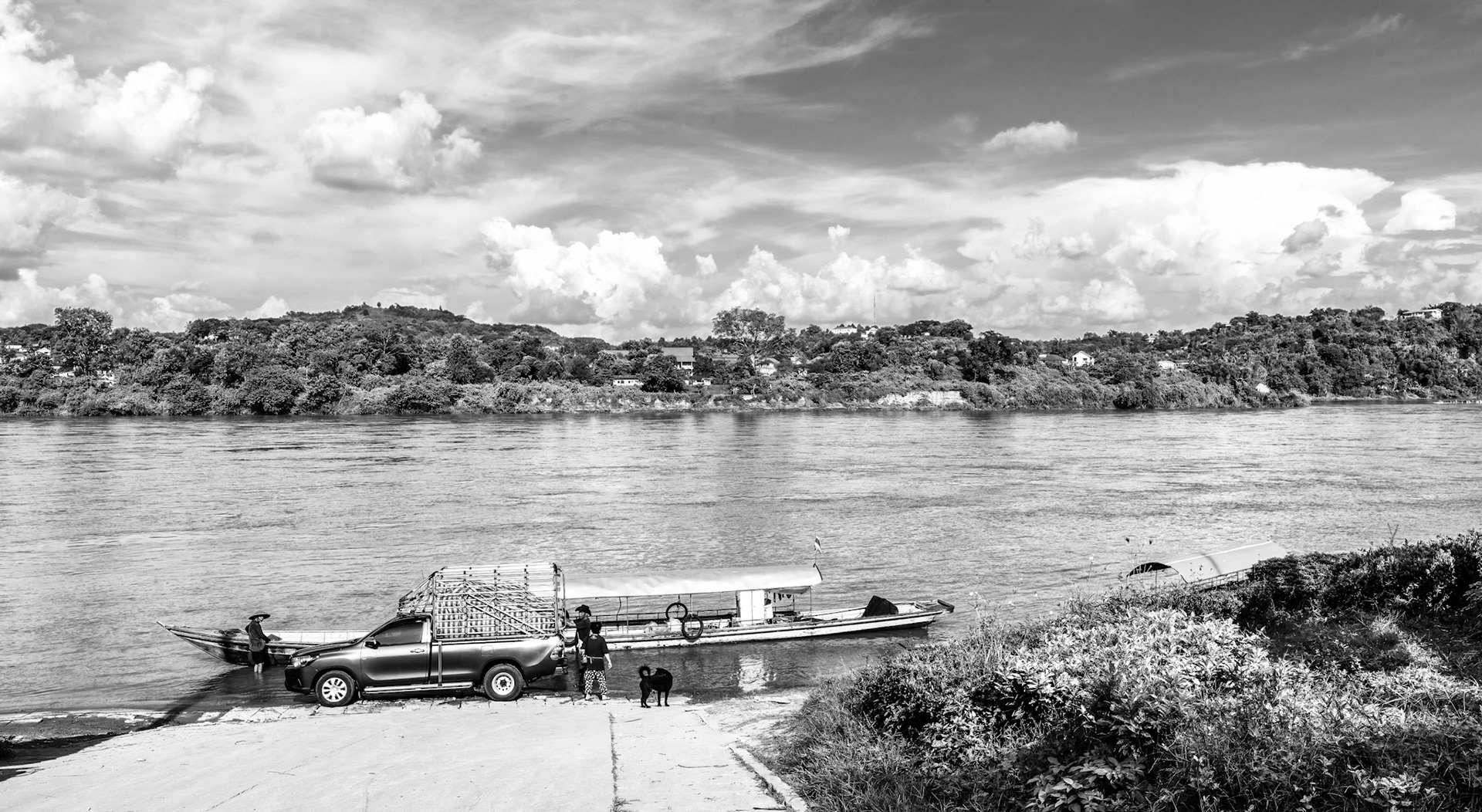
Mekong River, Chiang Khong - เชียงของ, Thailand
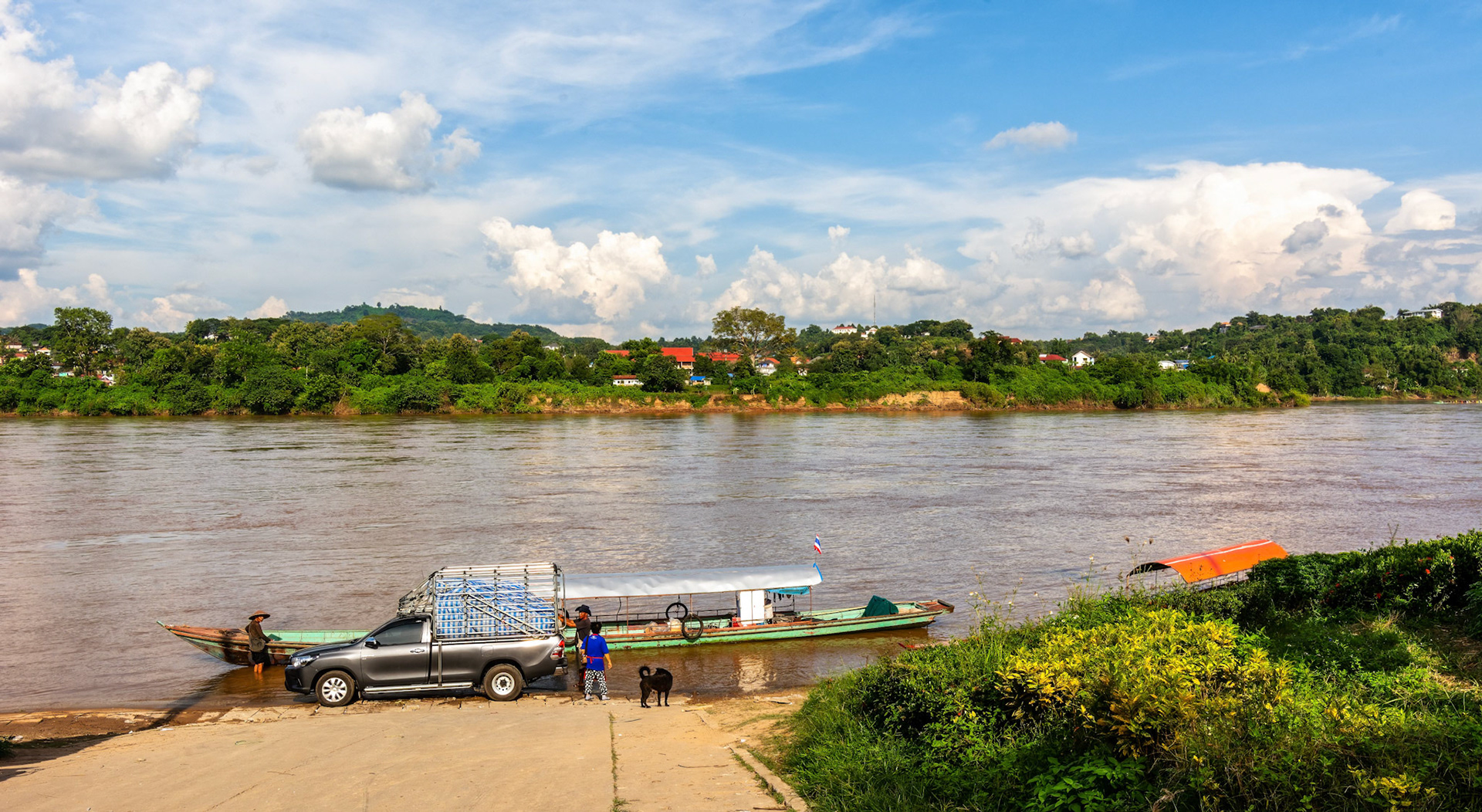
Mekong River, Chiang Khong - เชียงของ, Thailand
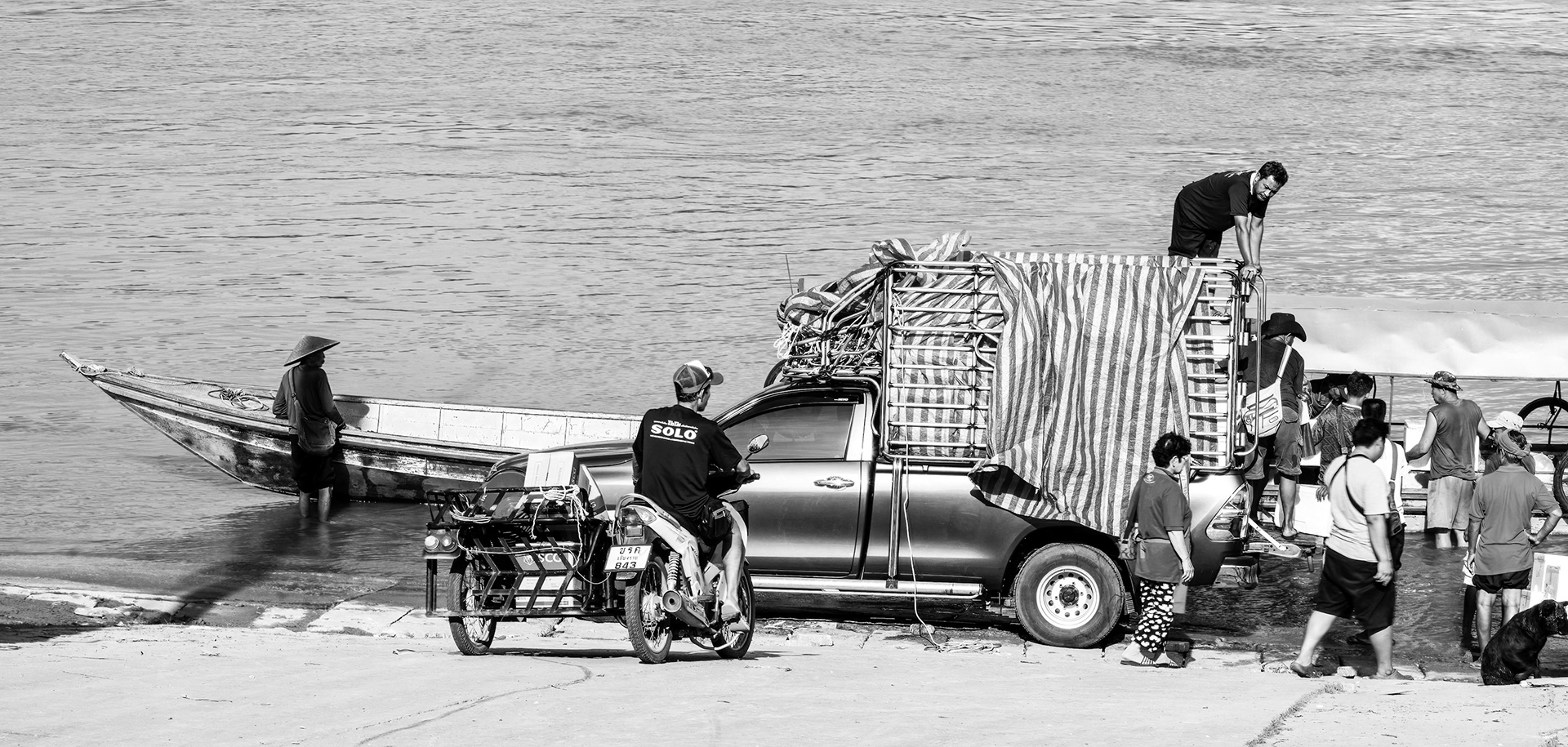
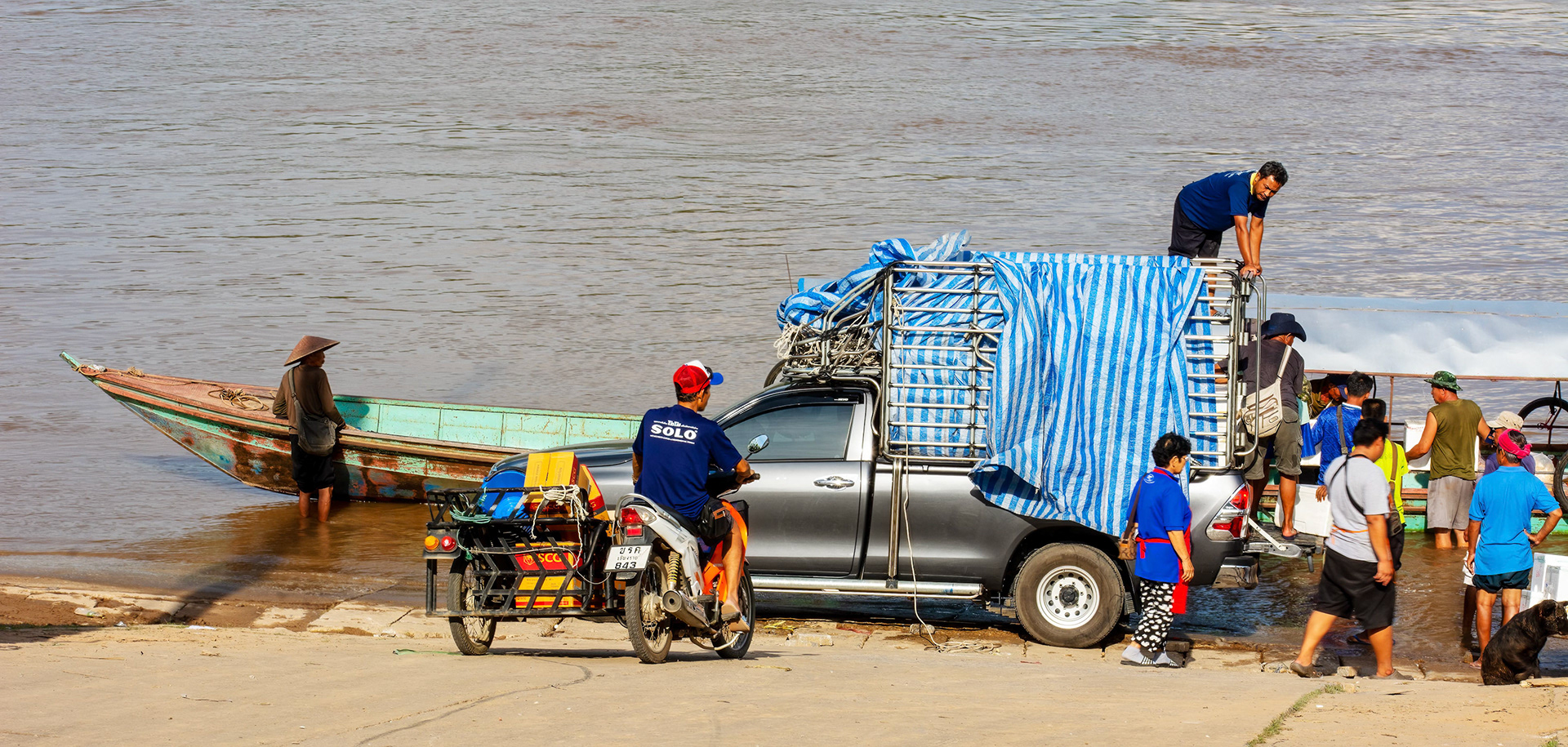
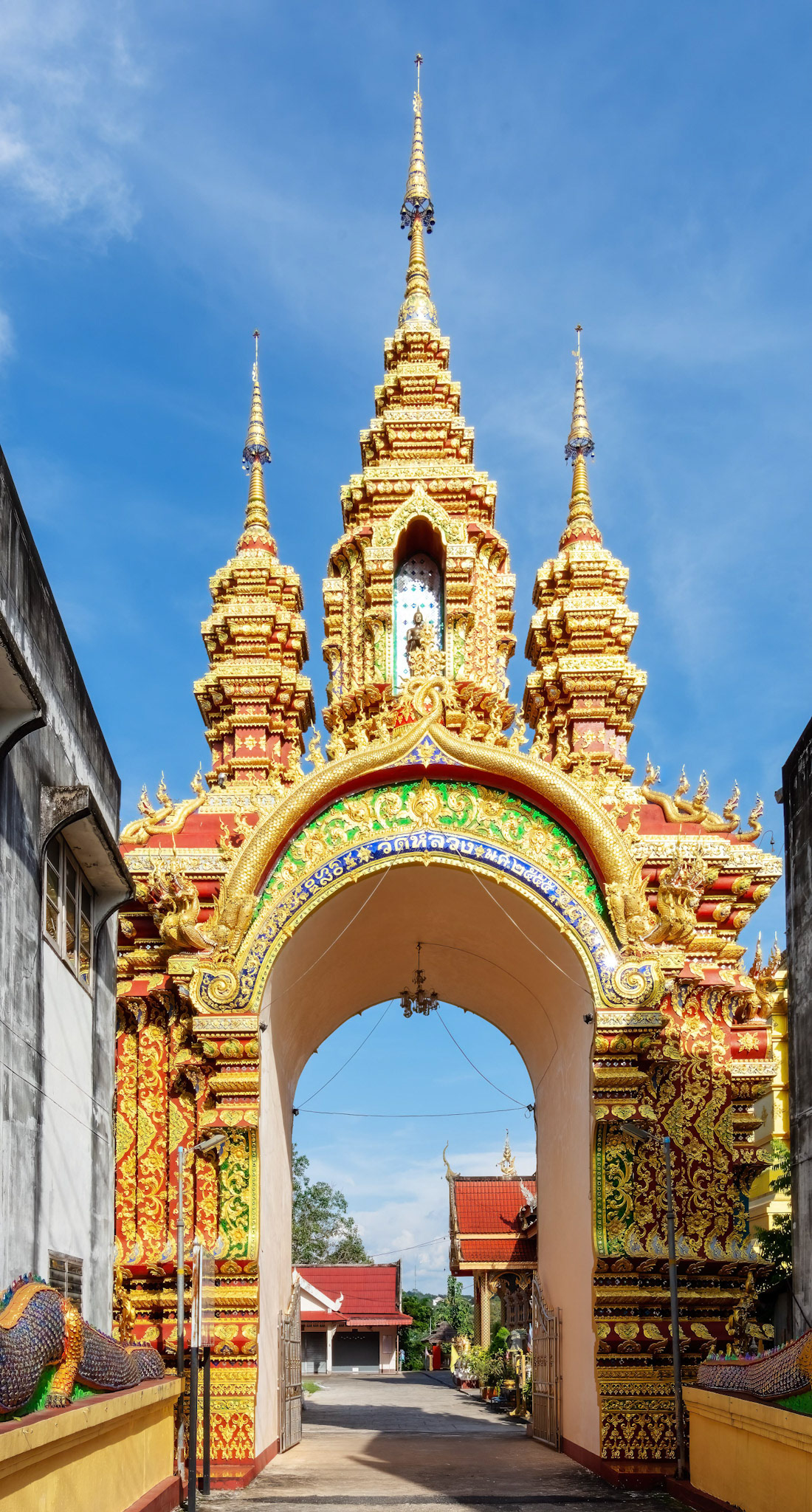
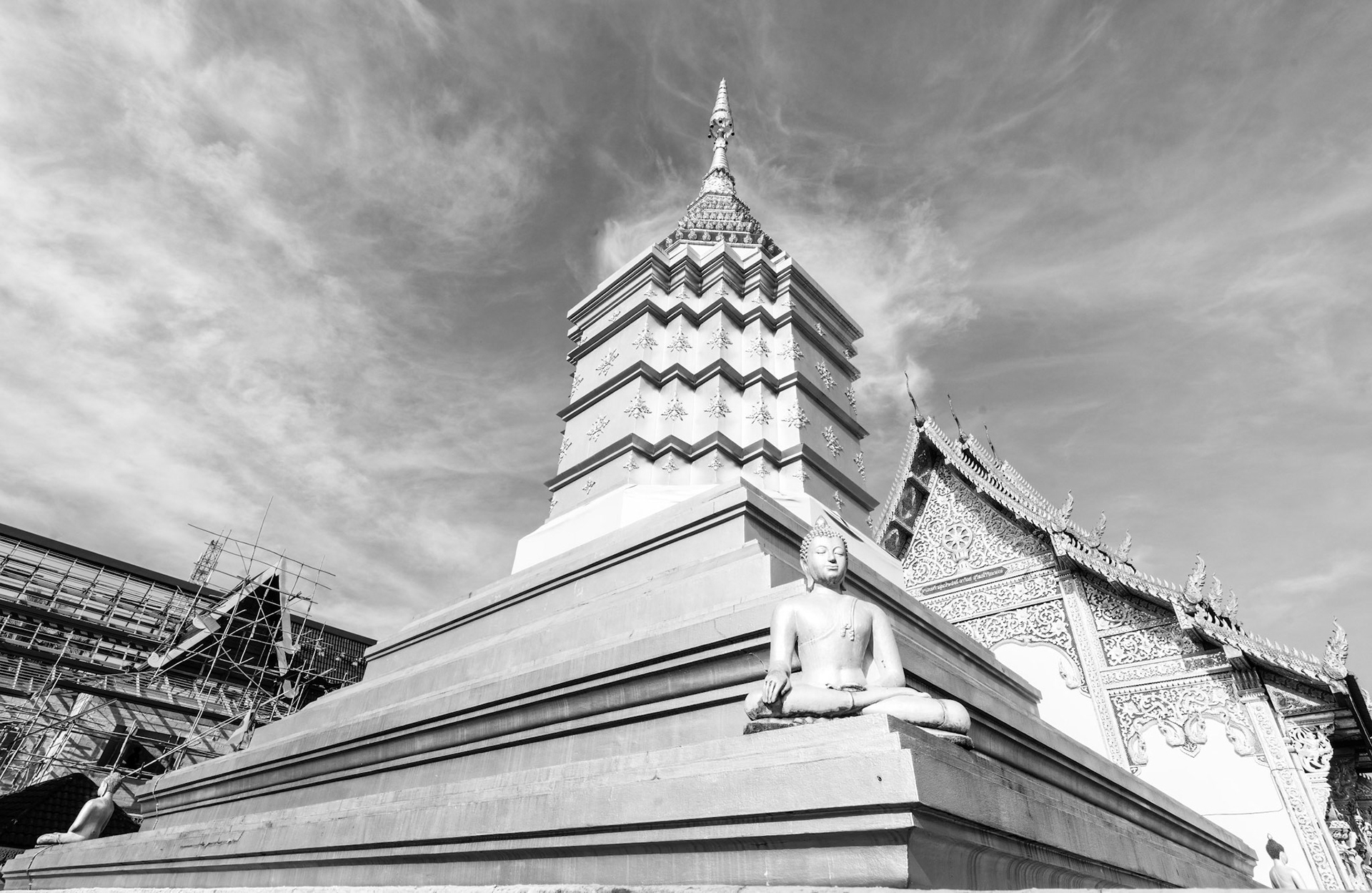
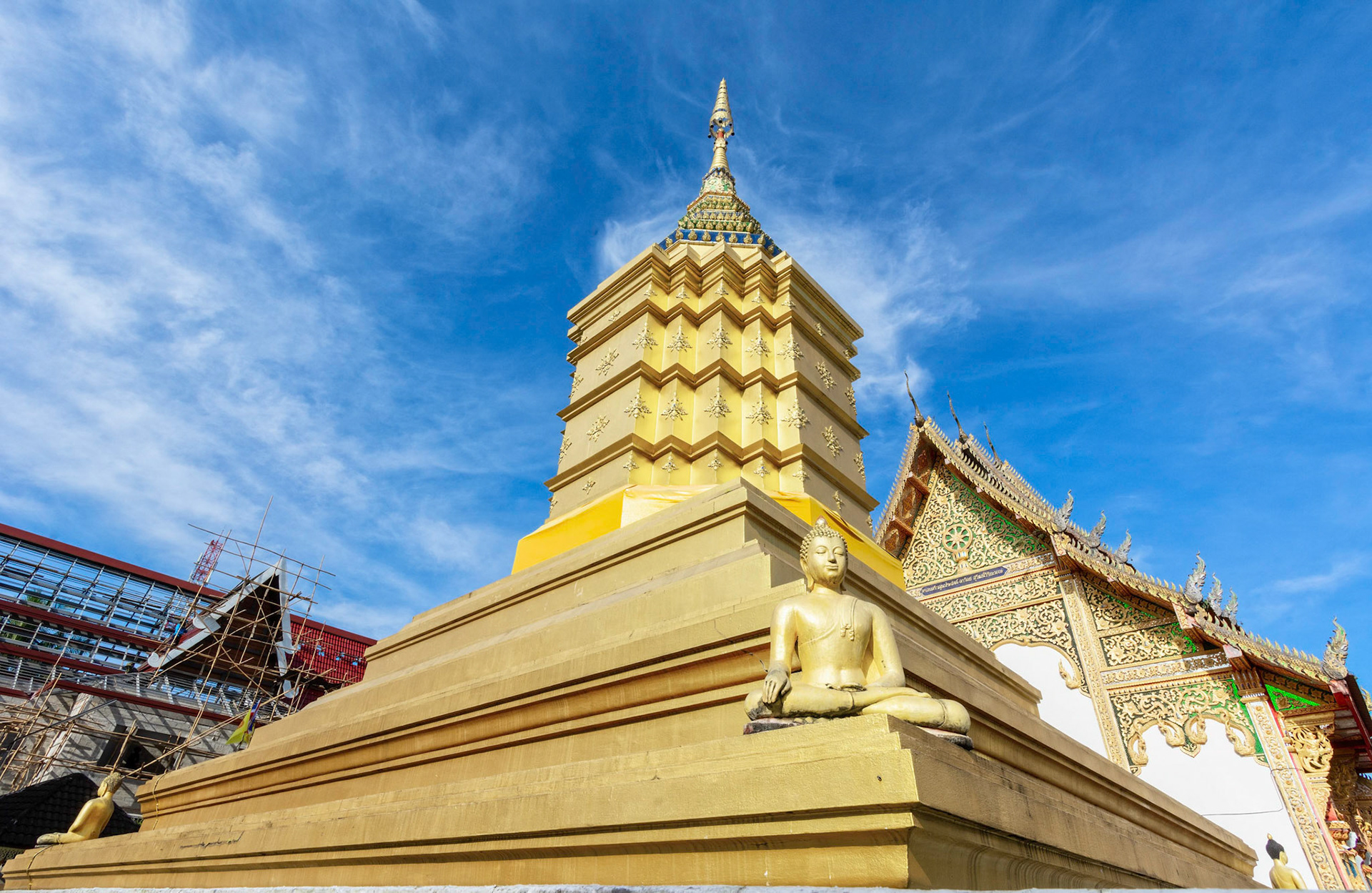

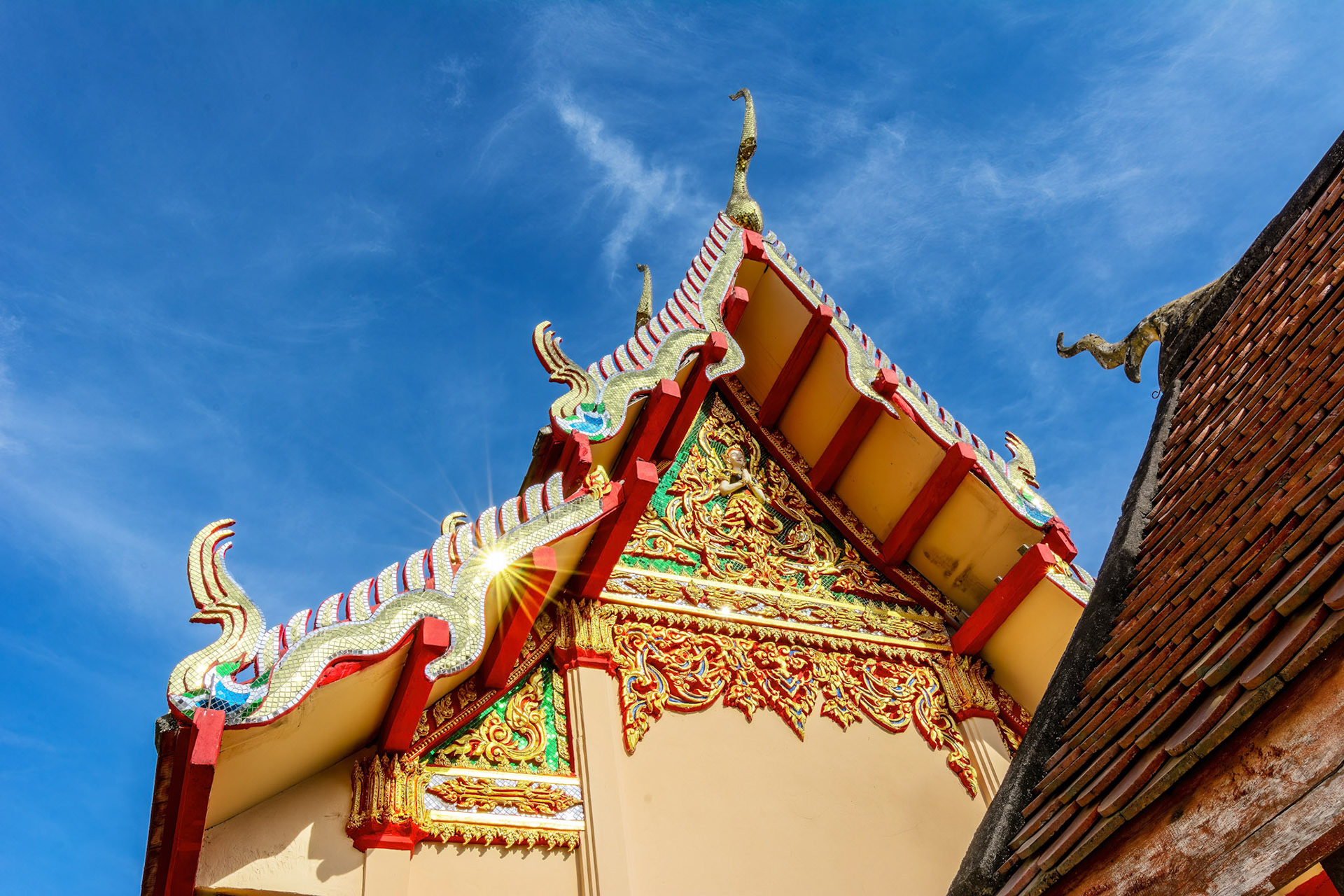
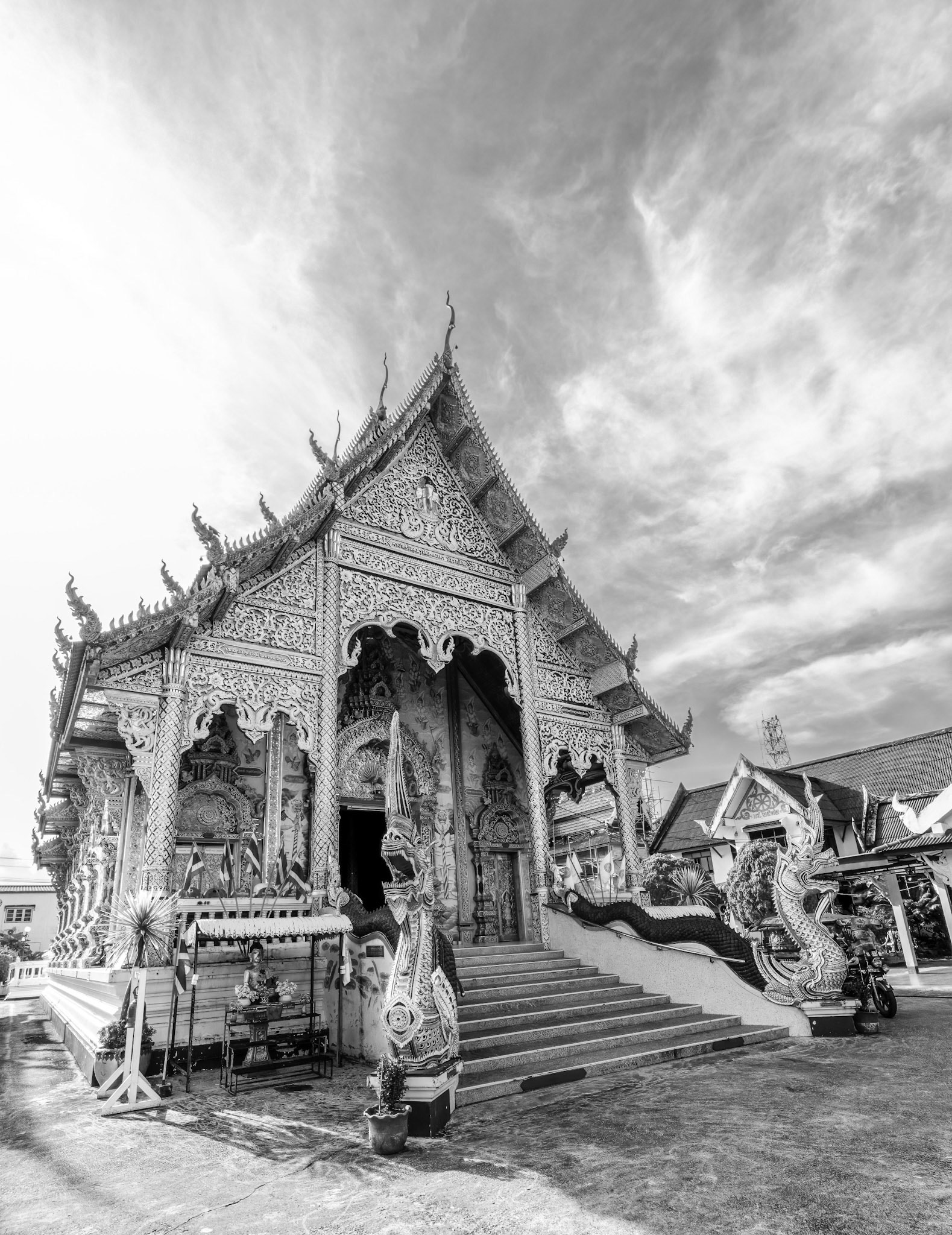
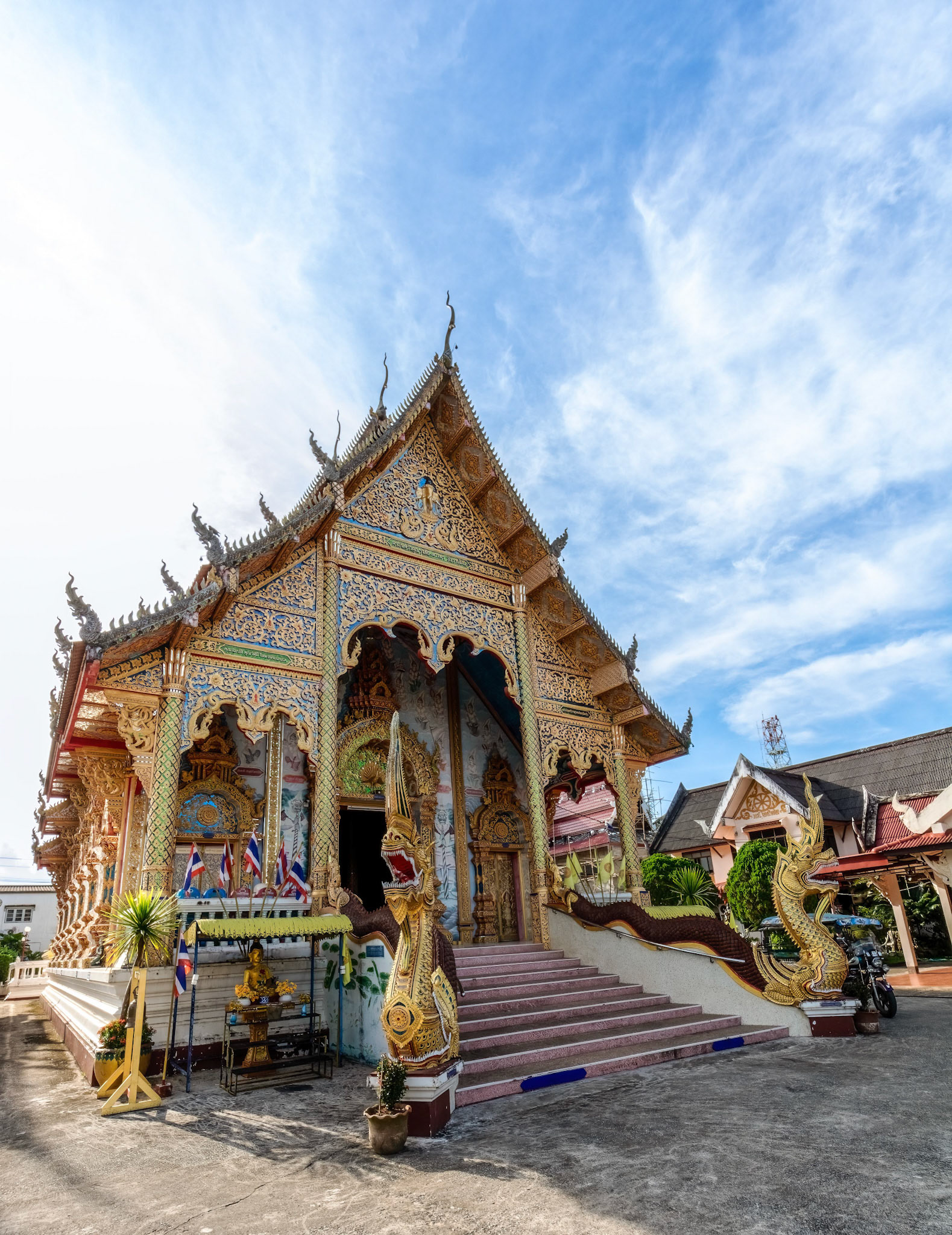

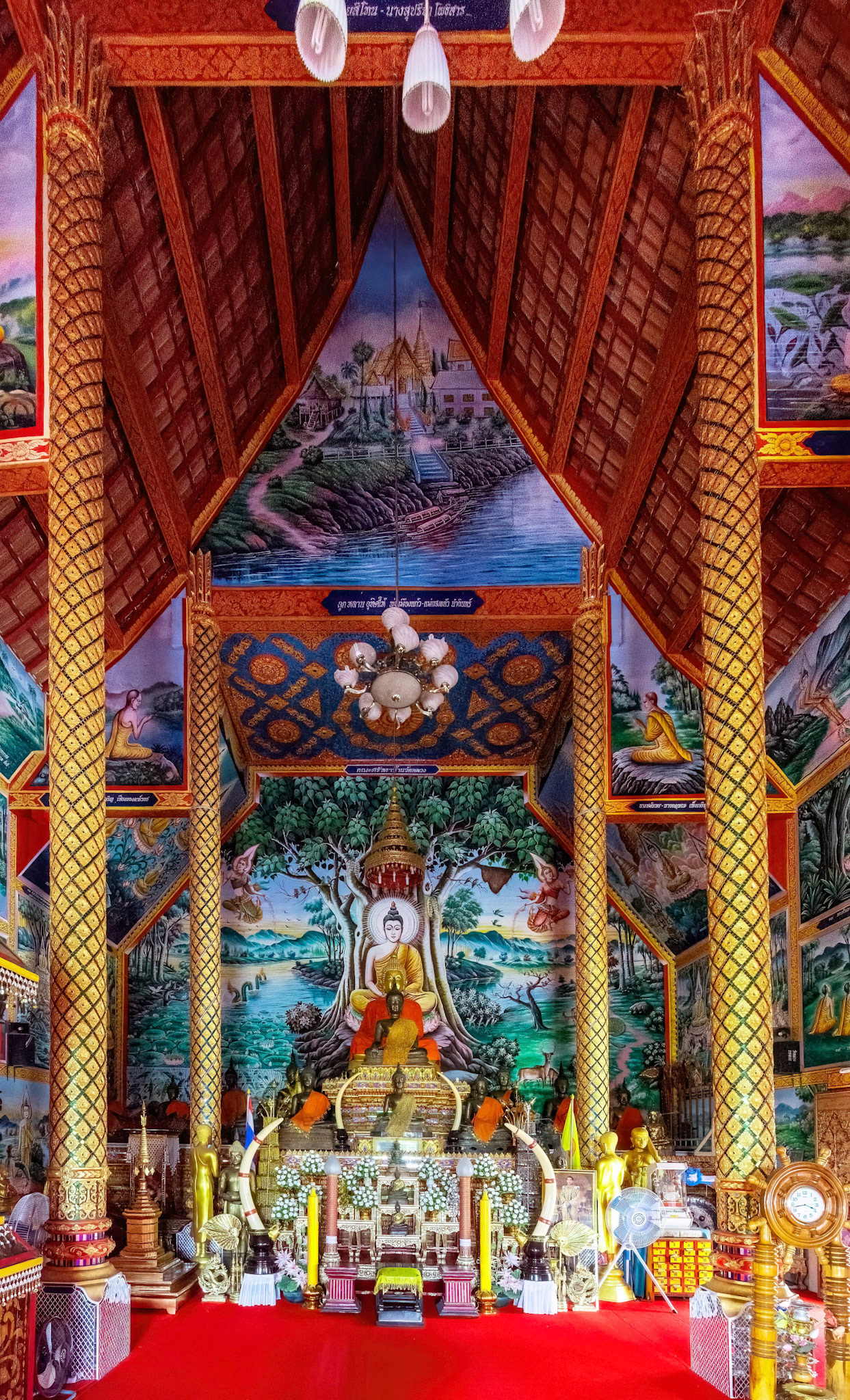

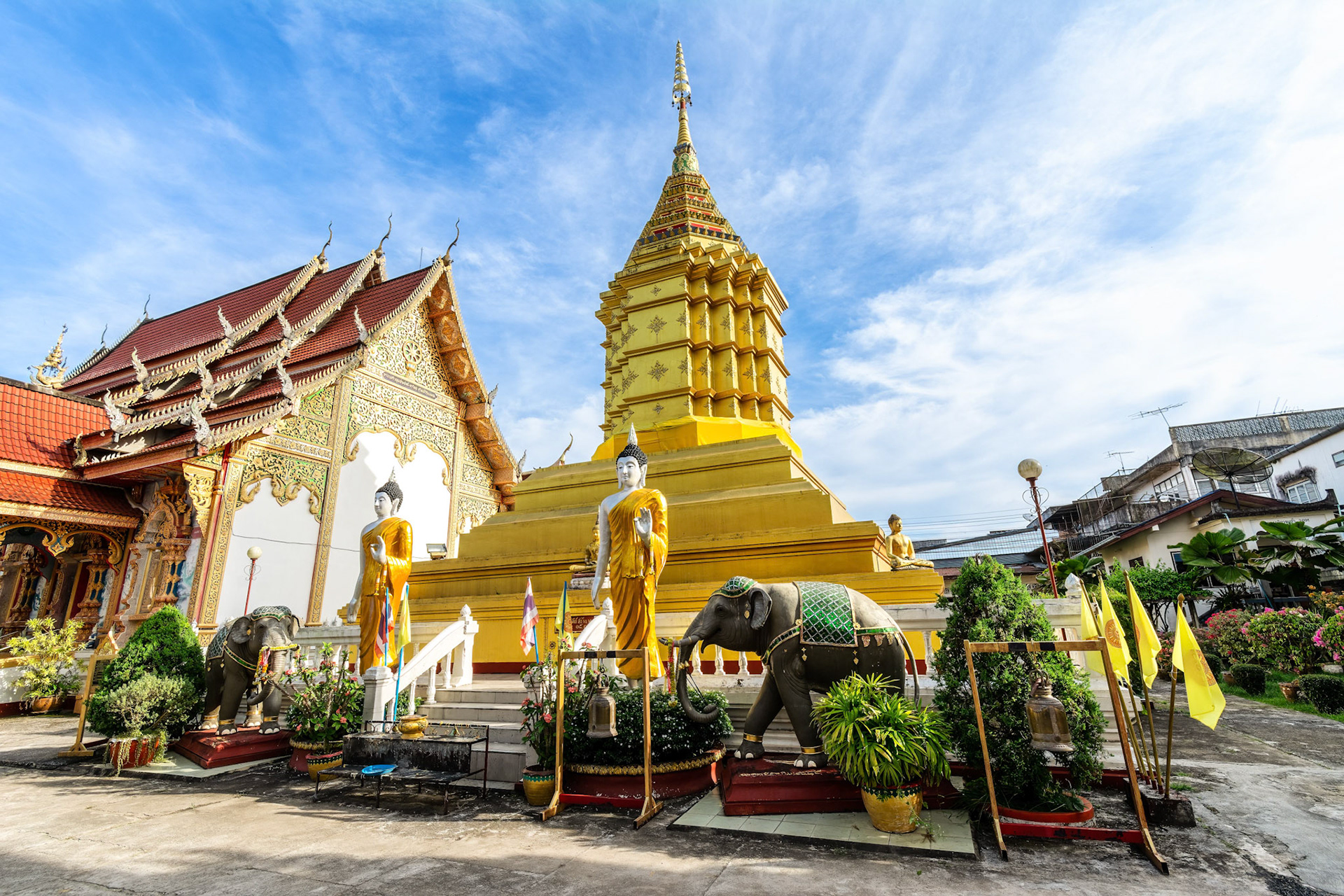
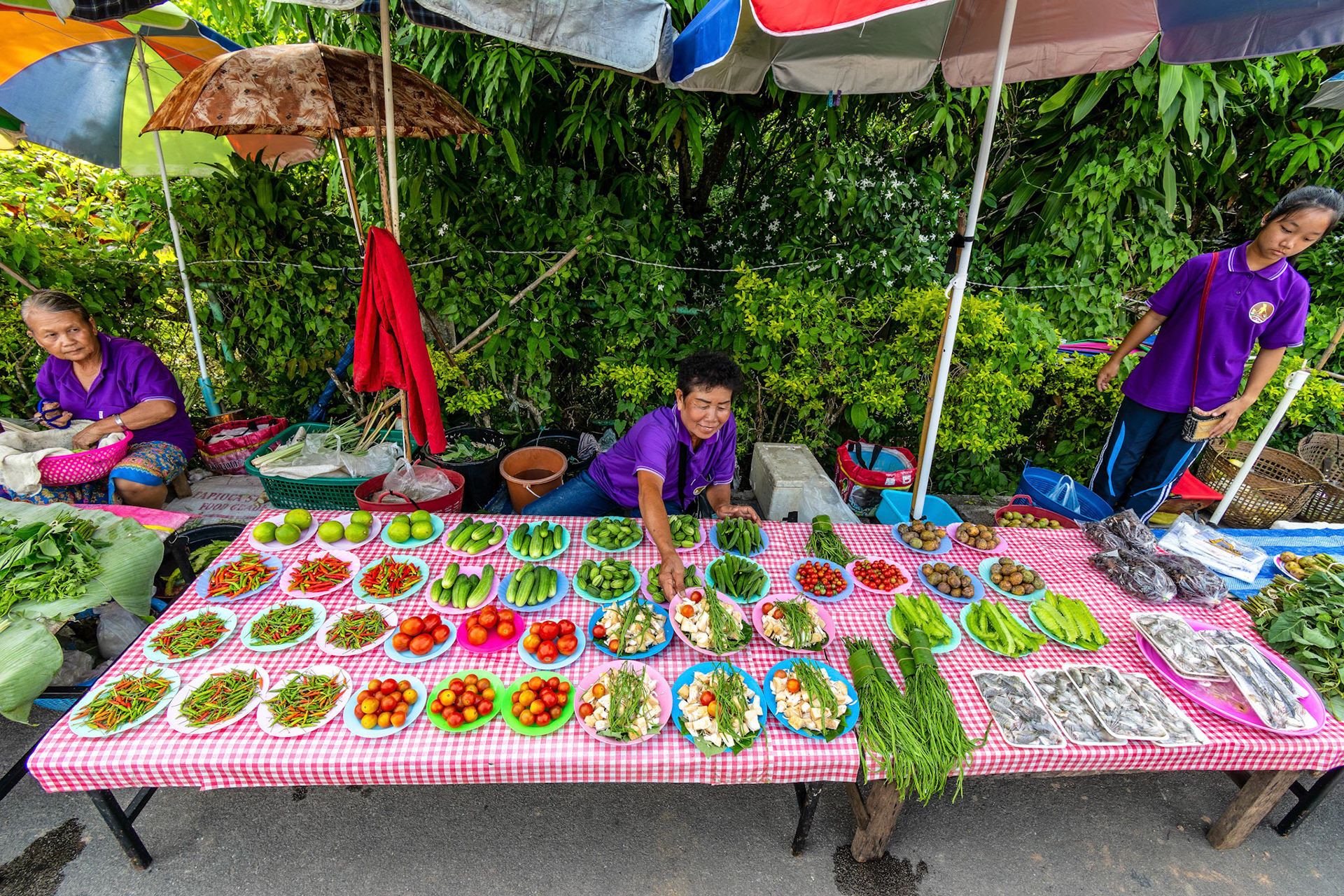
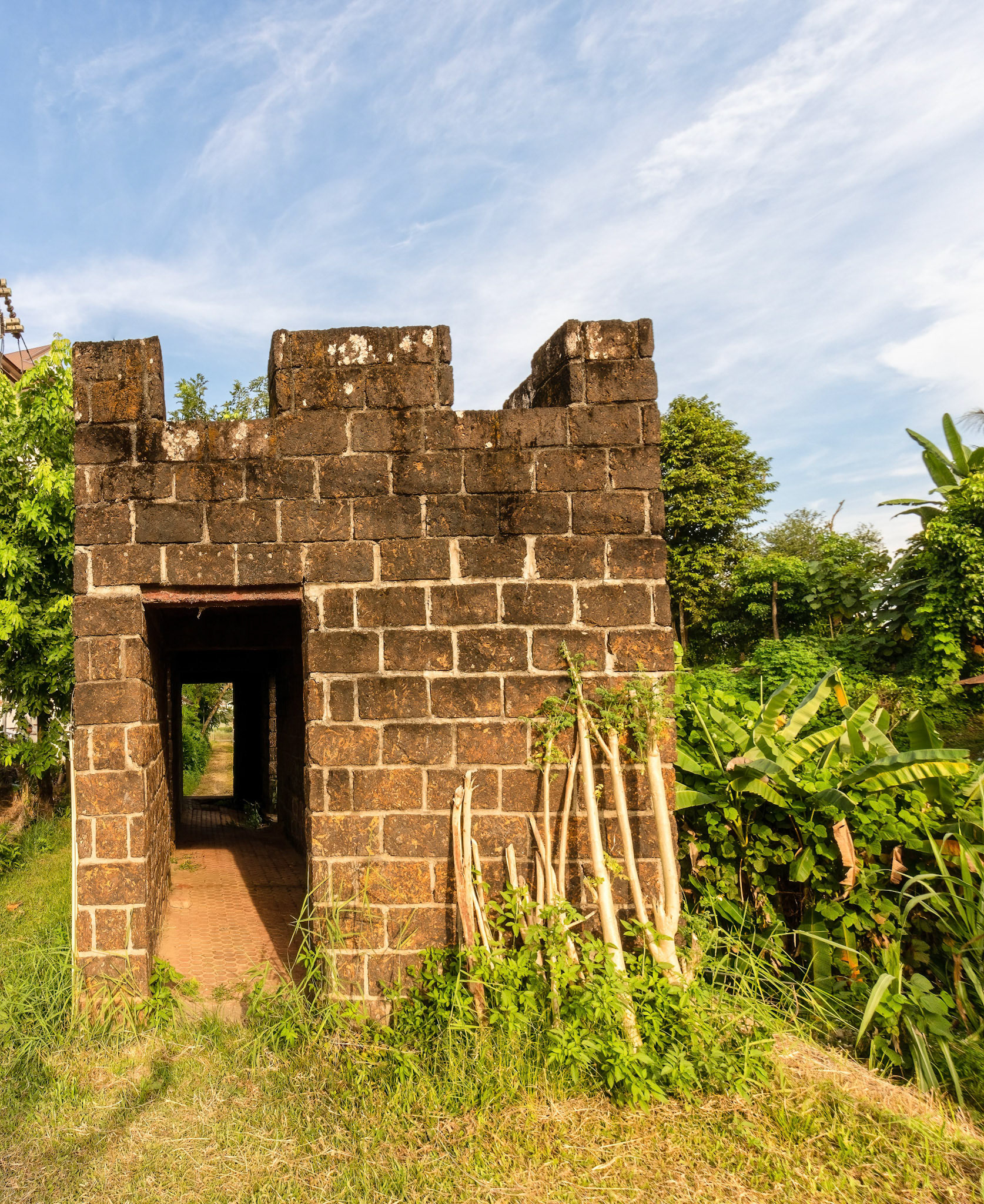
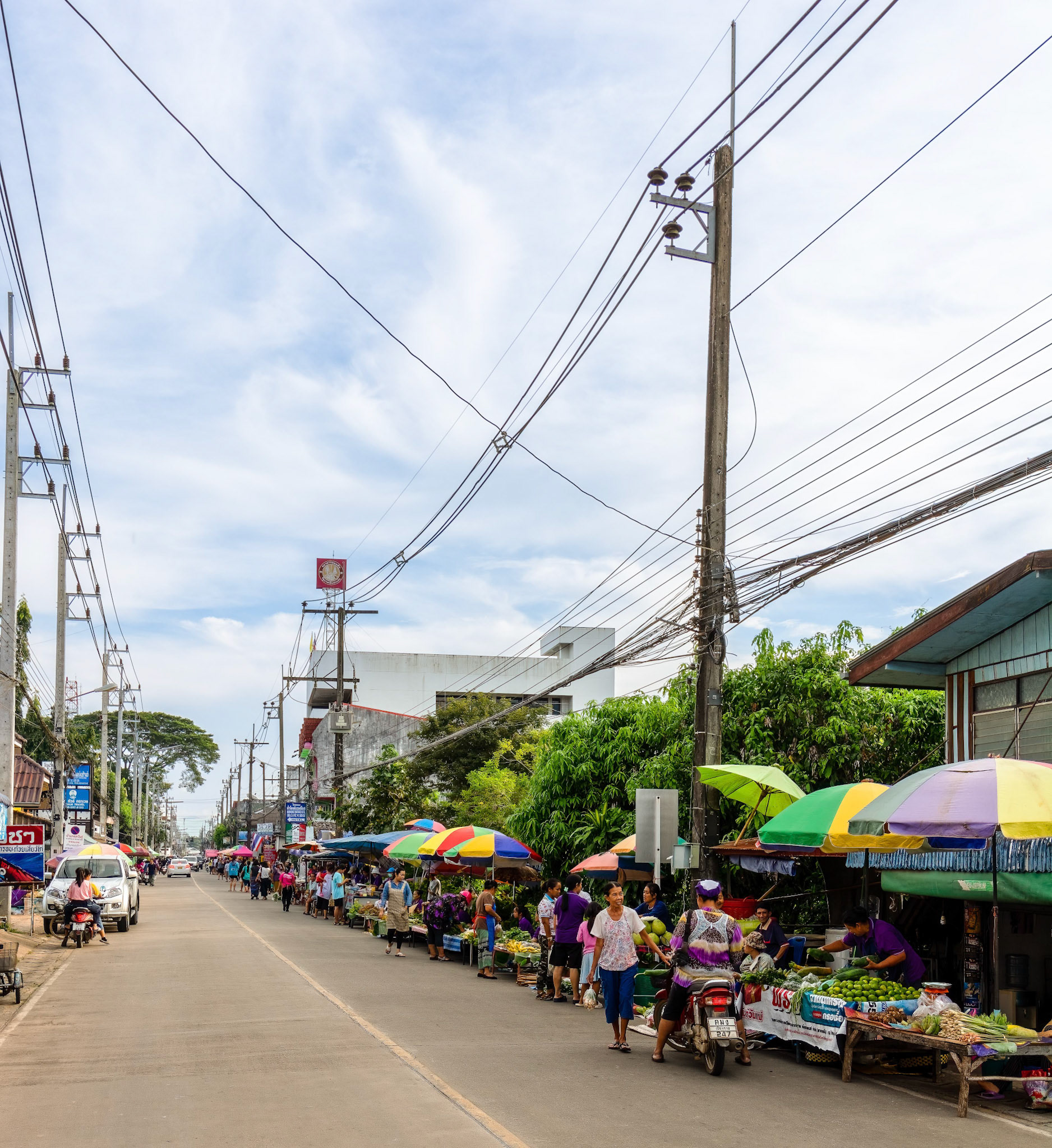
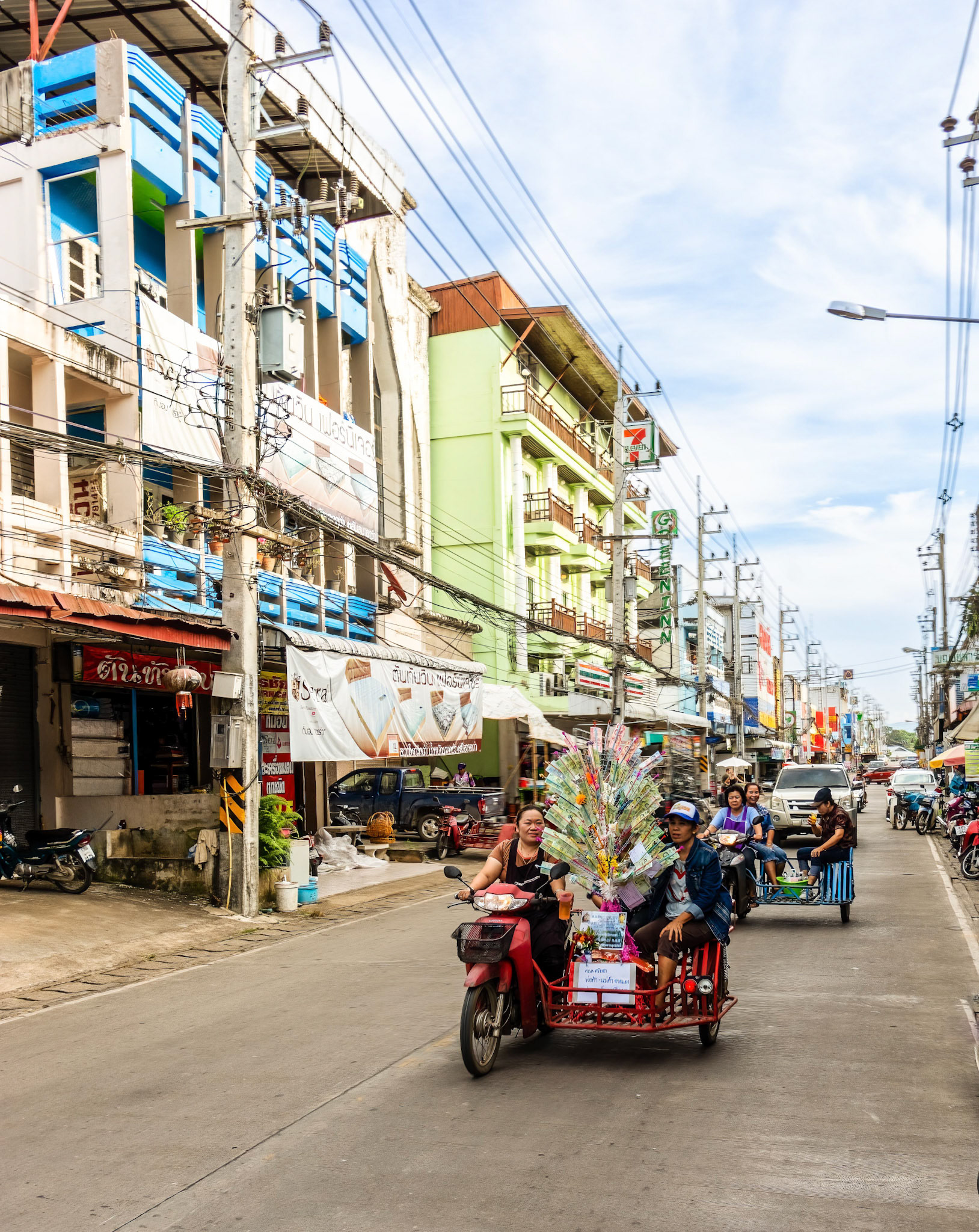

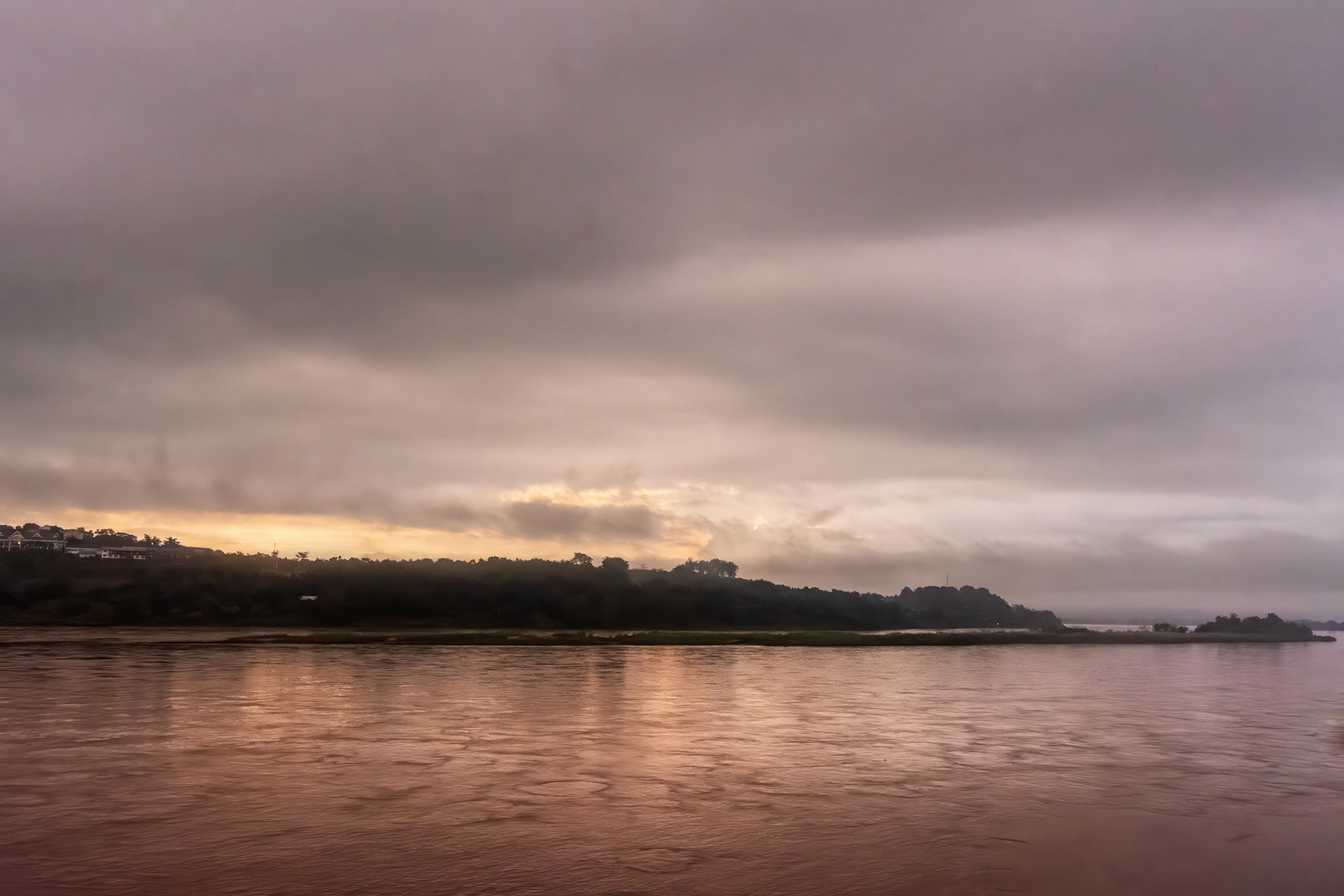
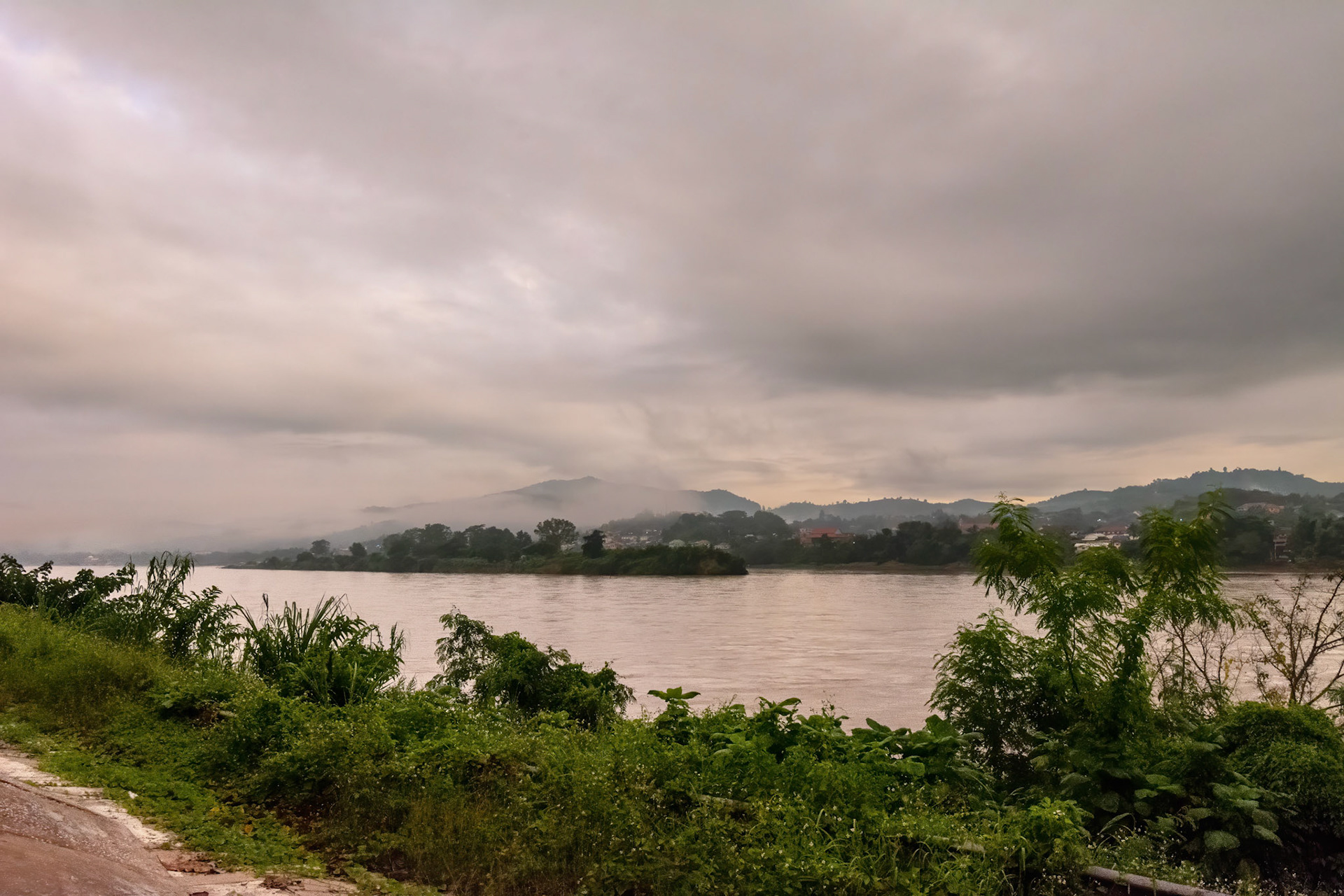

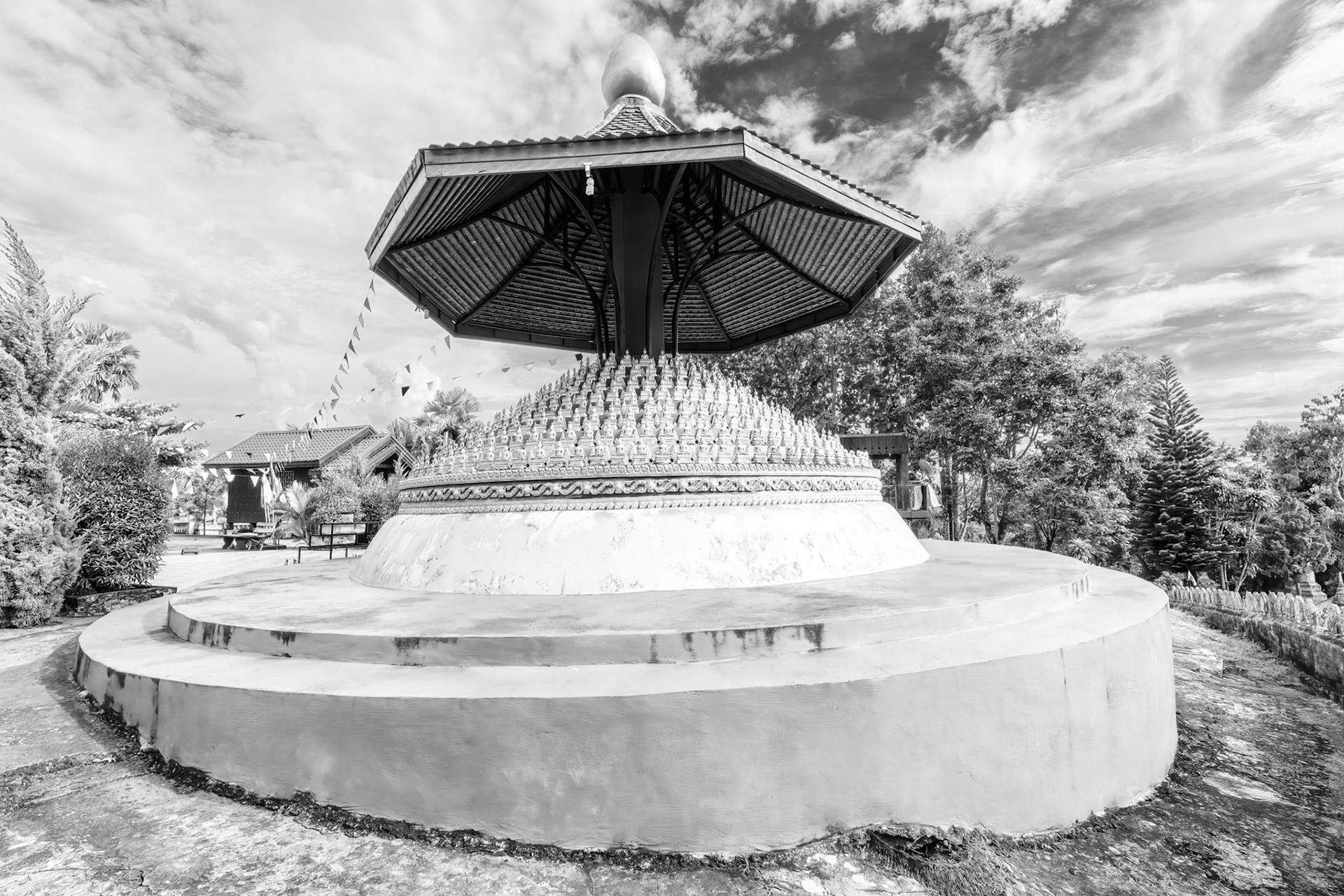
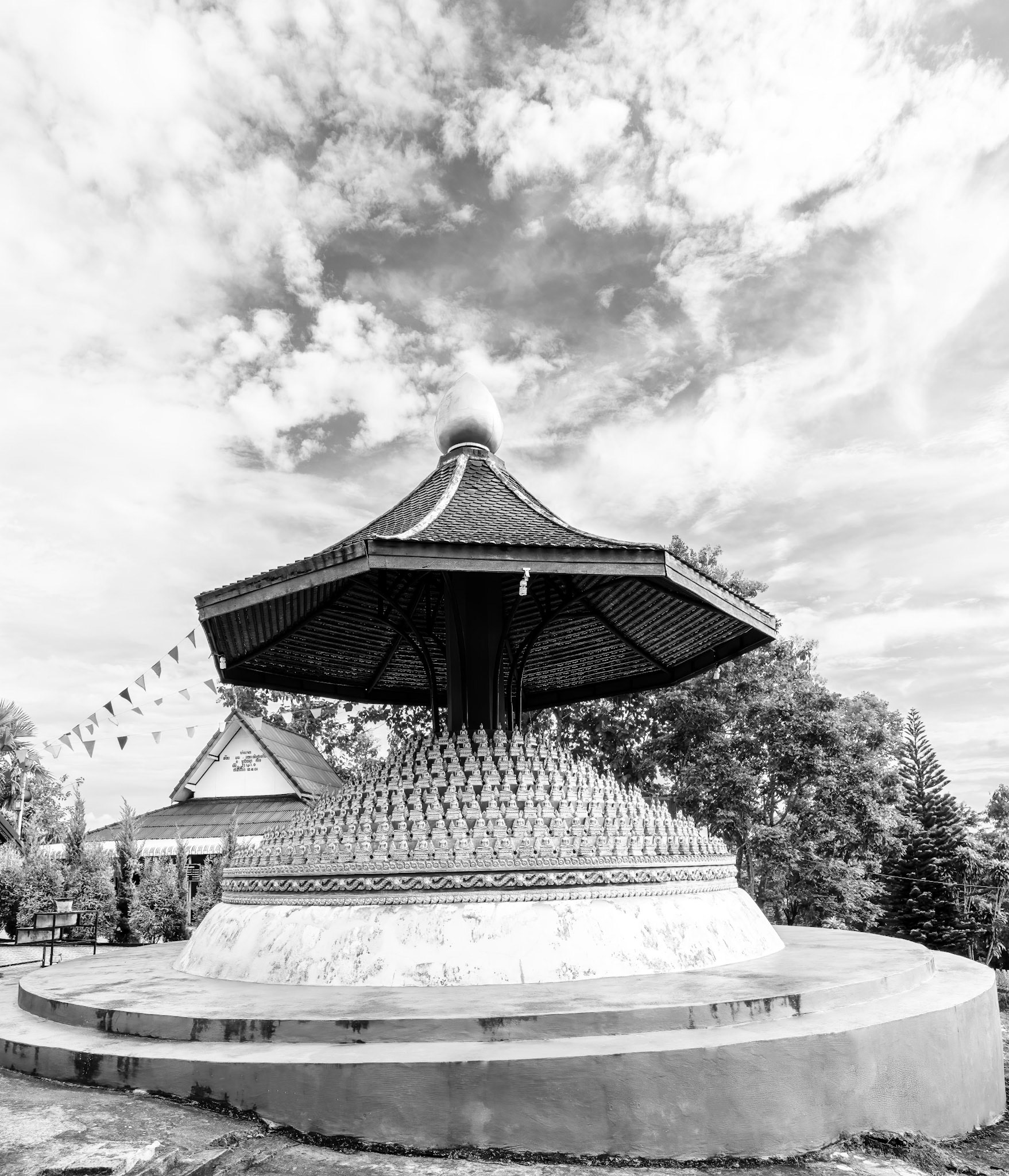
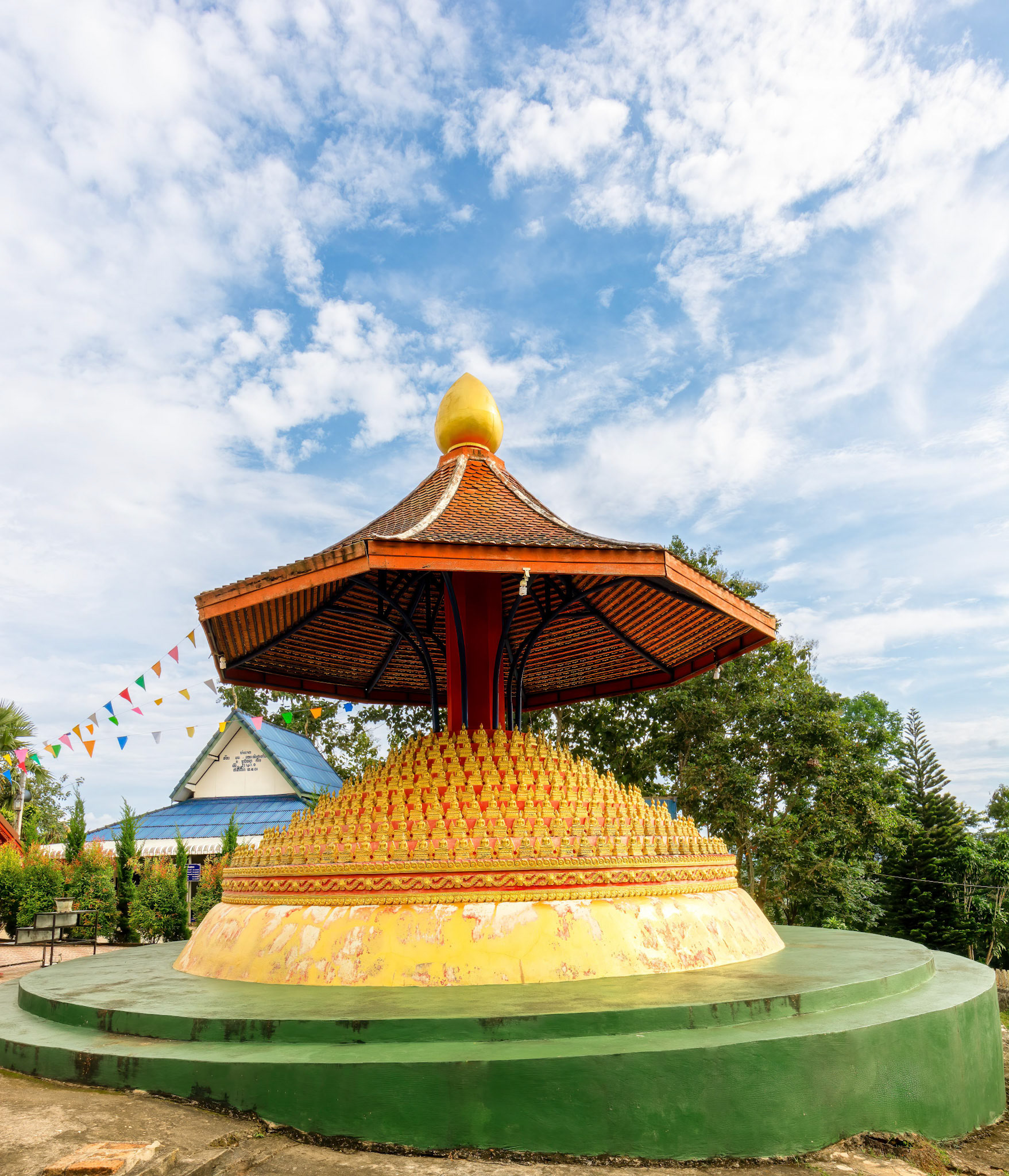
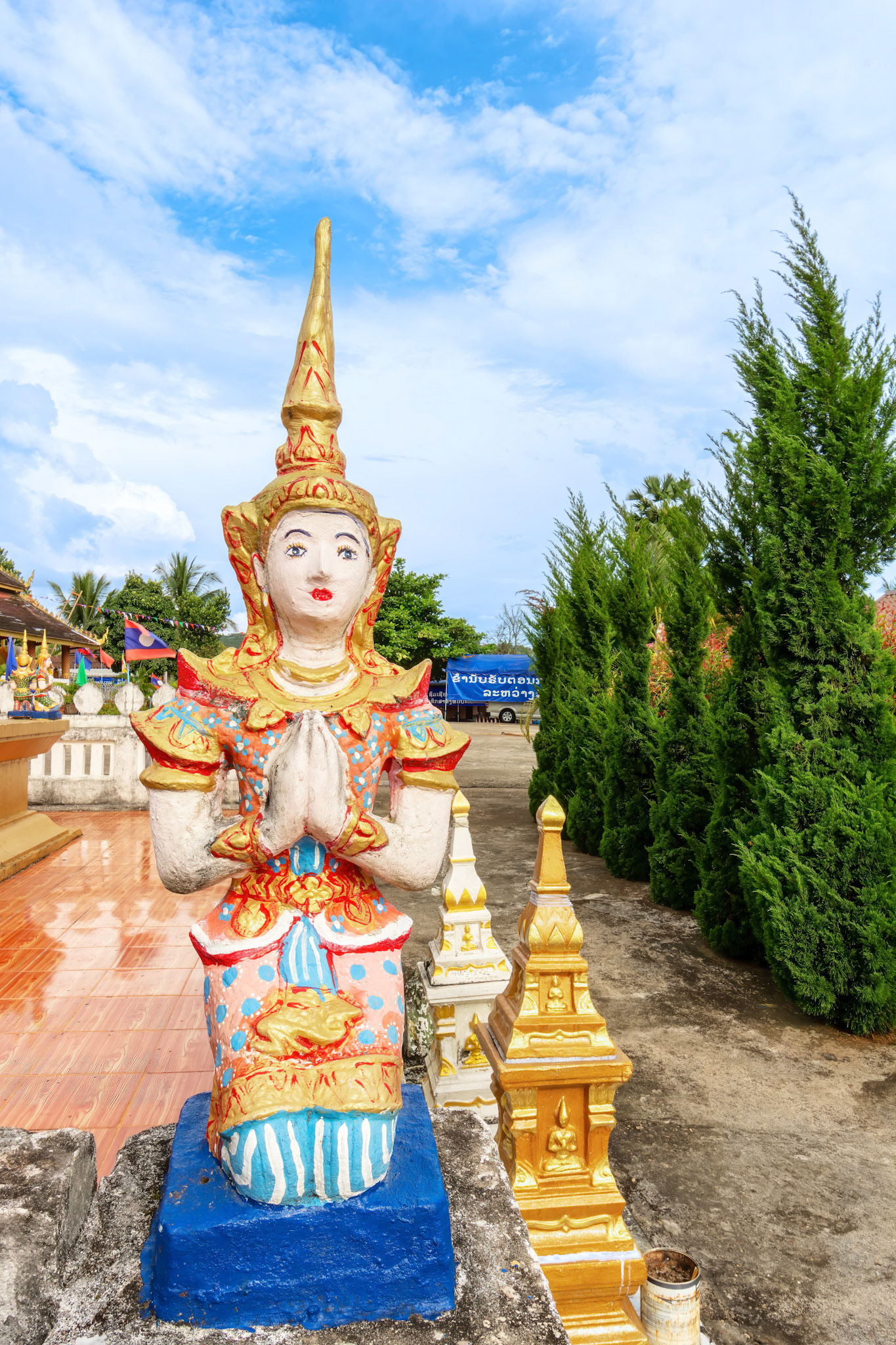
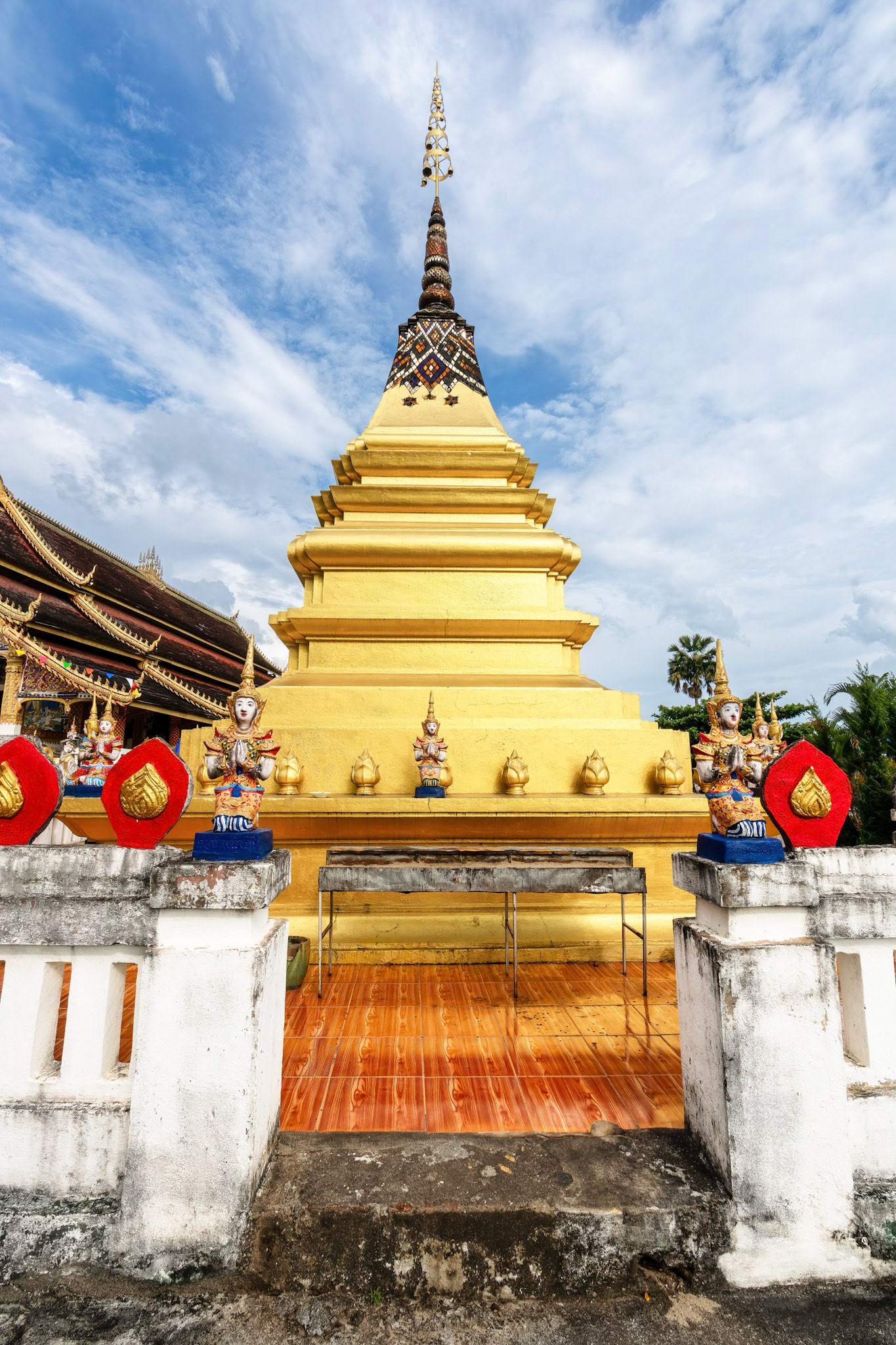
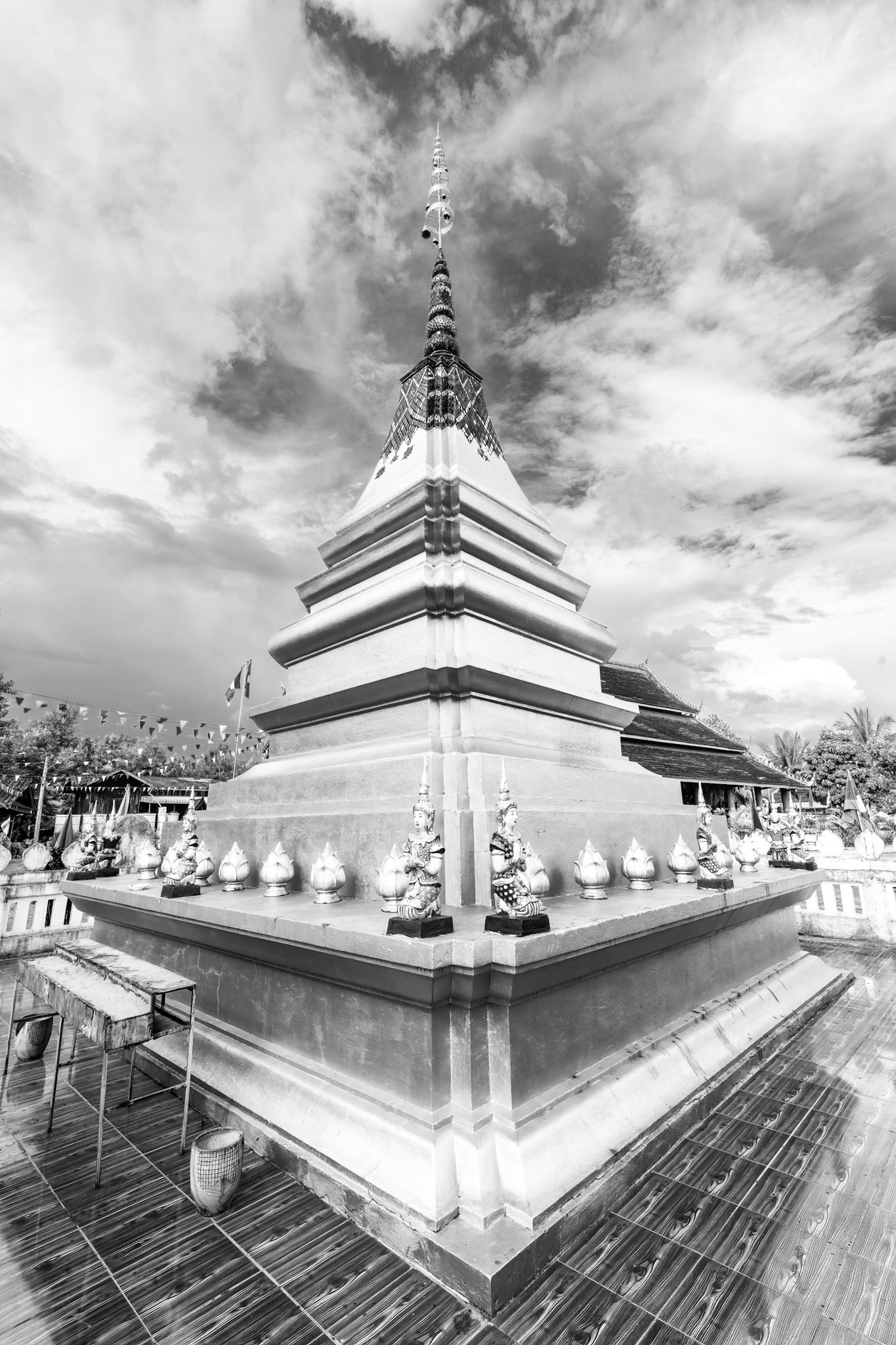
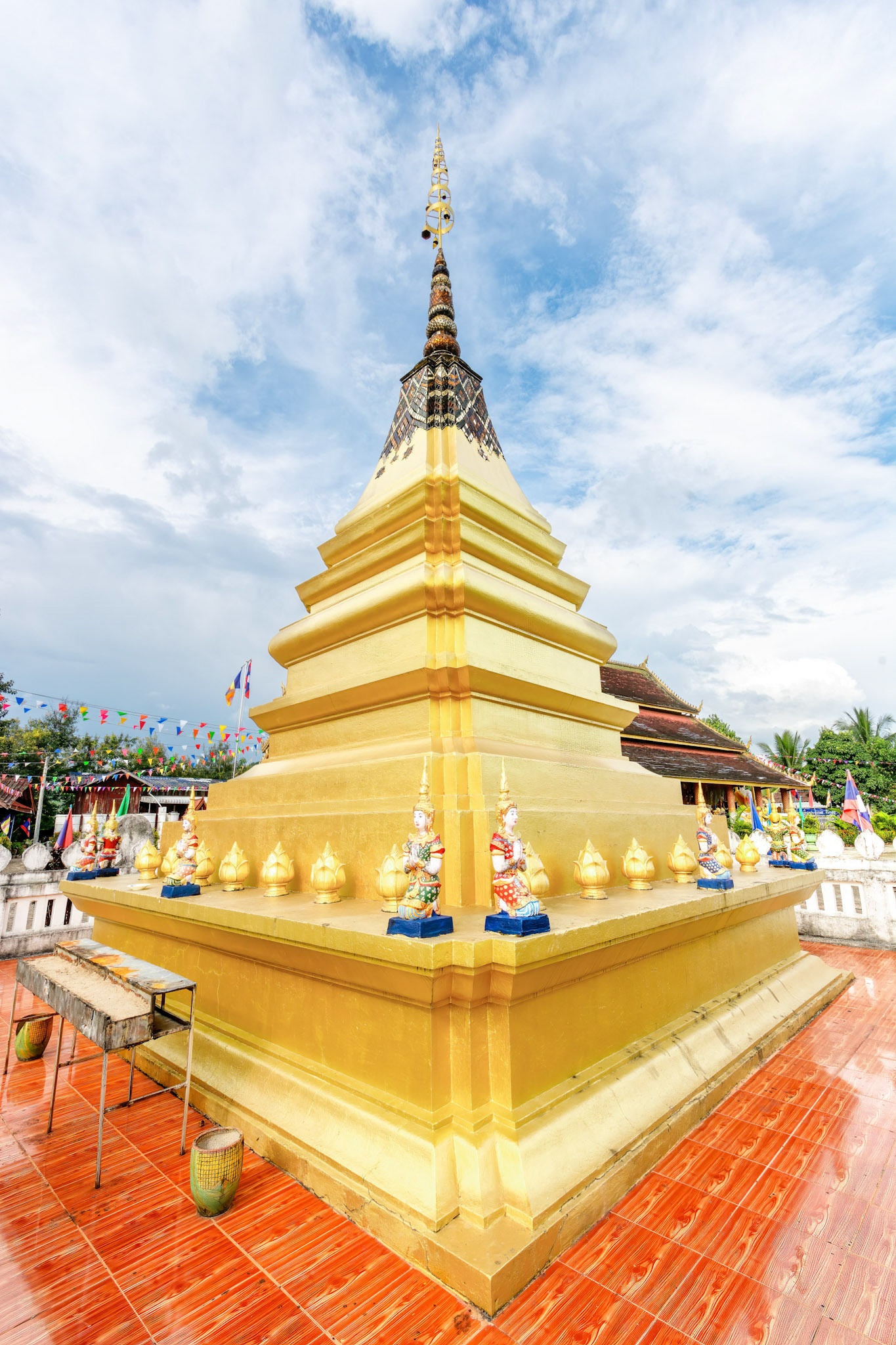
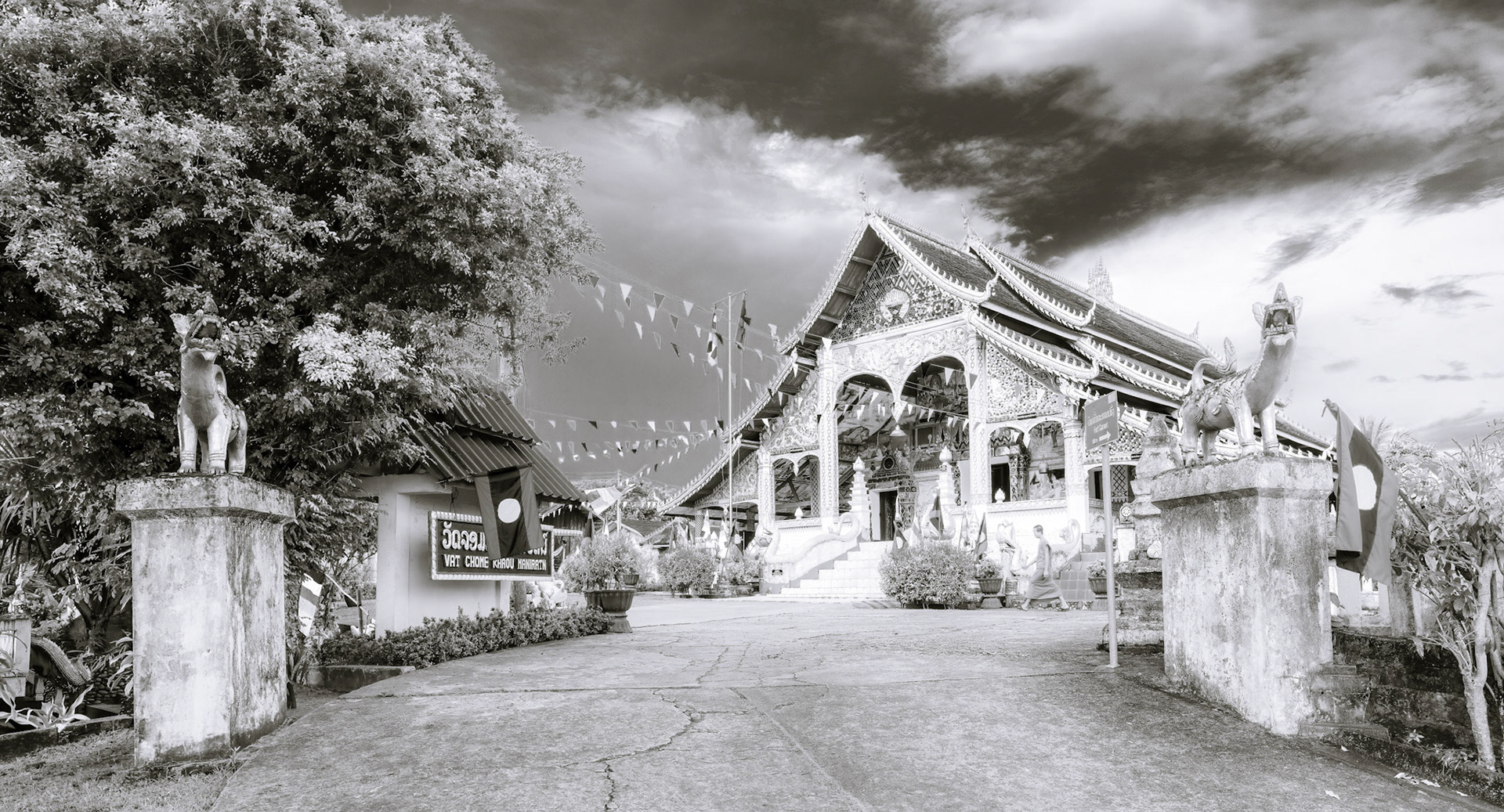
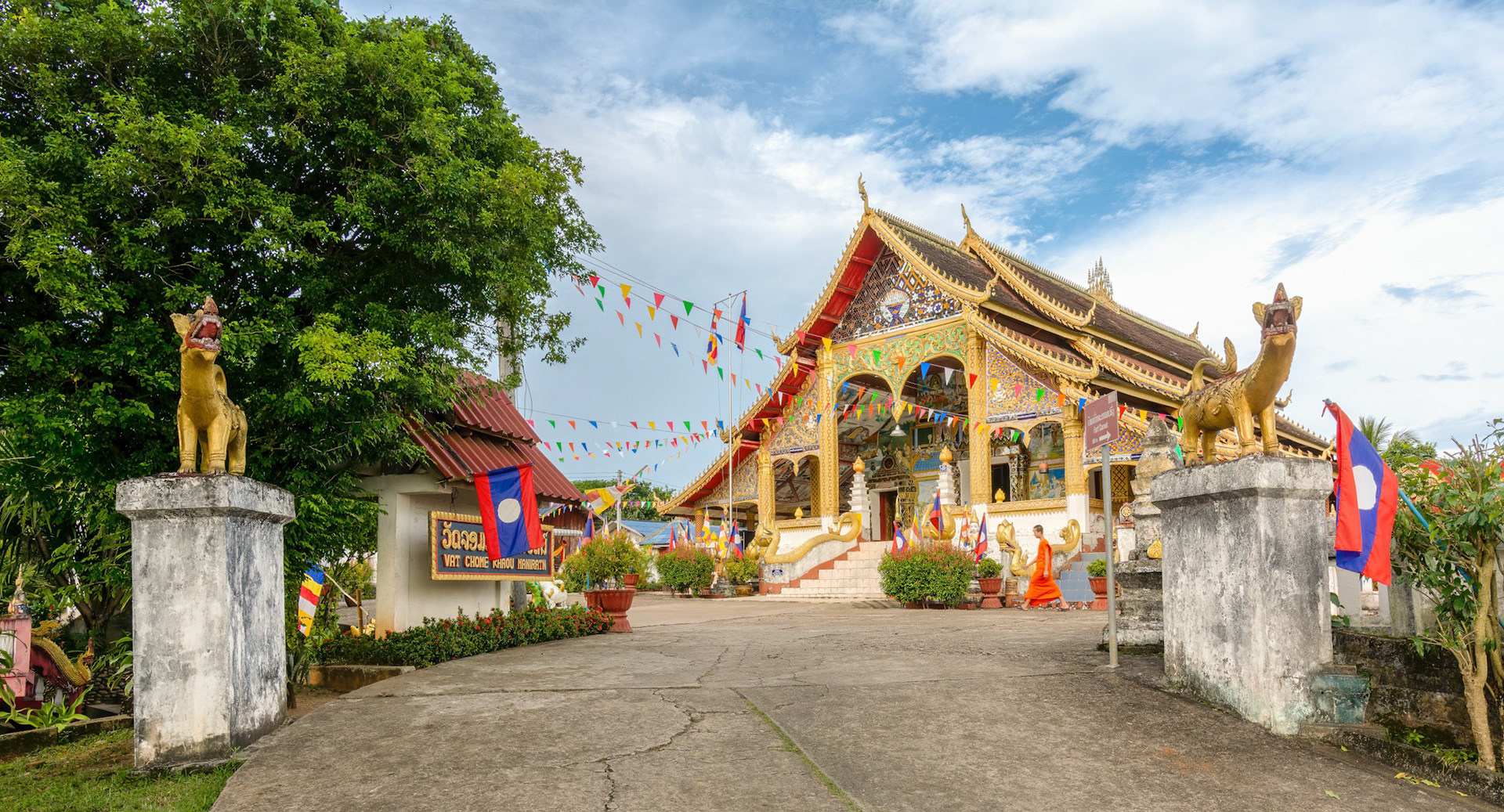
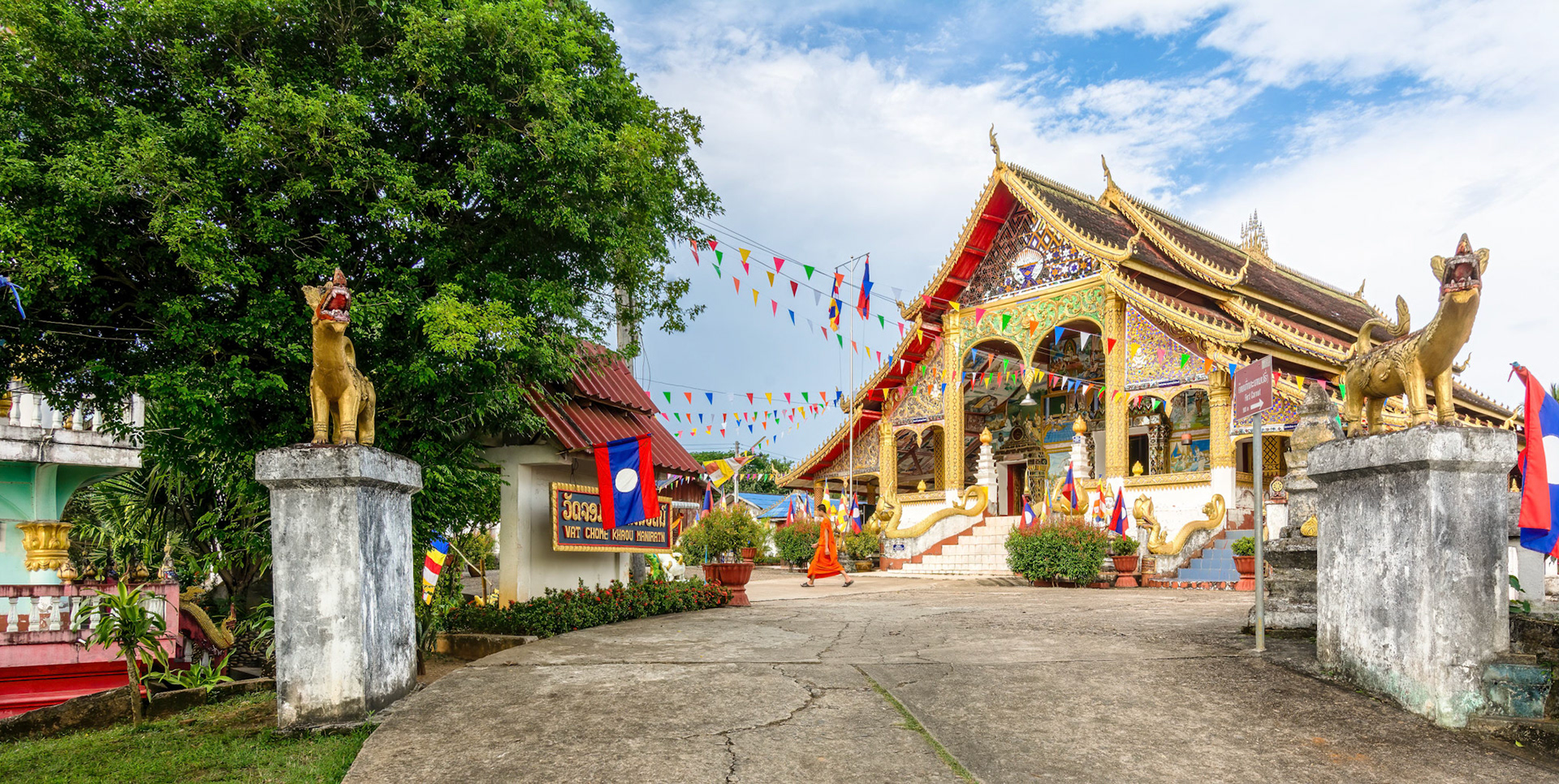
Wat Chomkao Manilat, Huay Xai, Laos
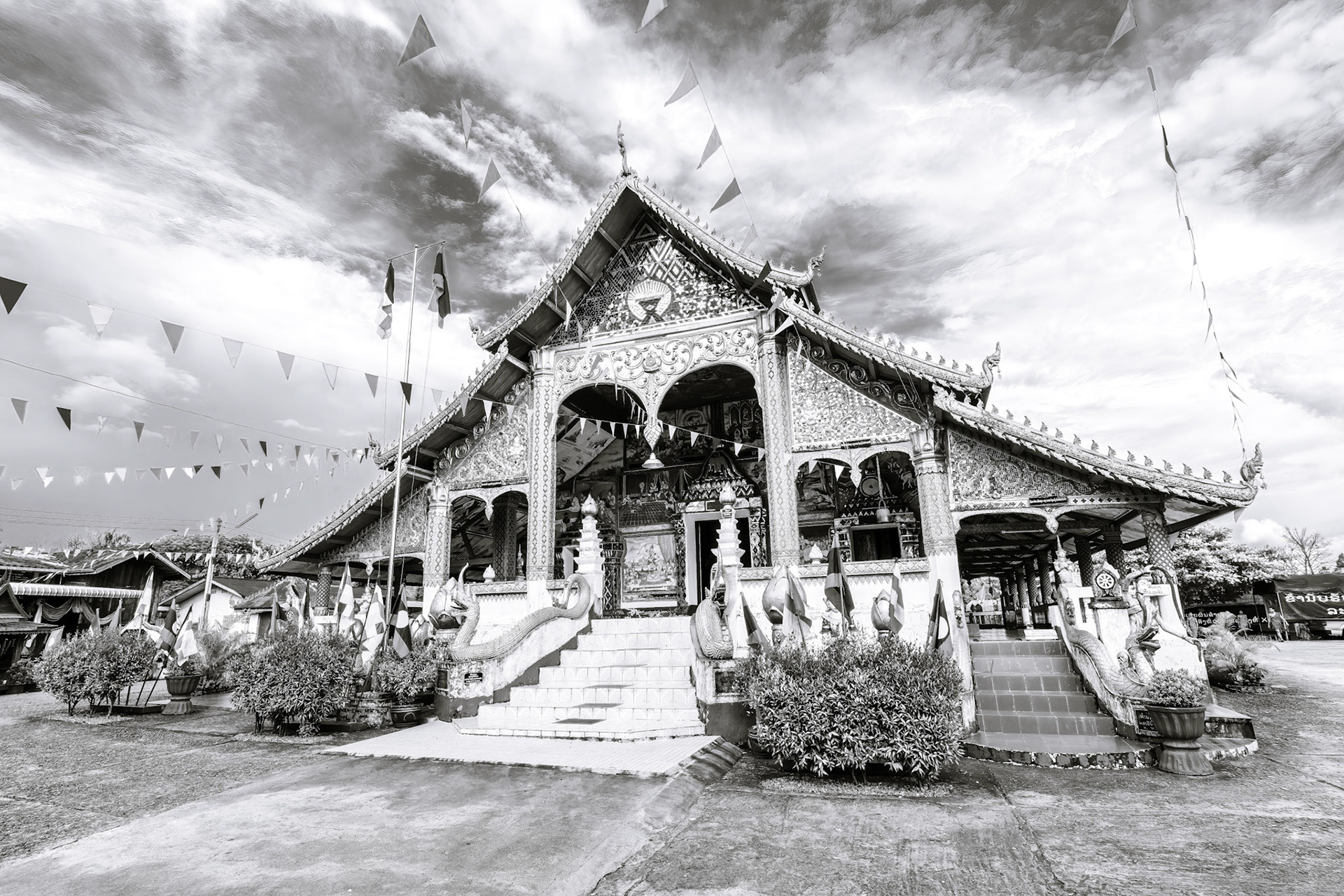
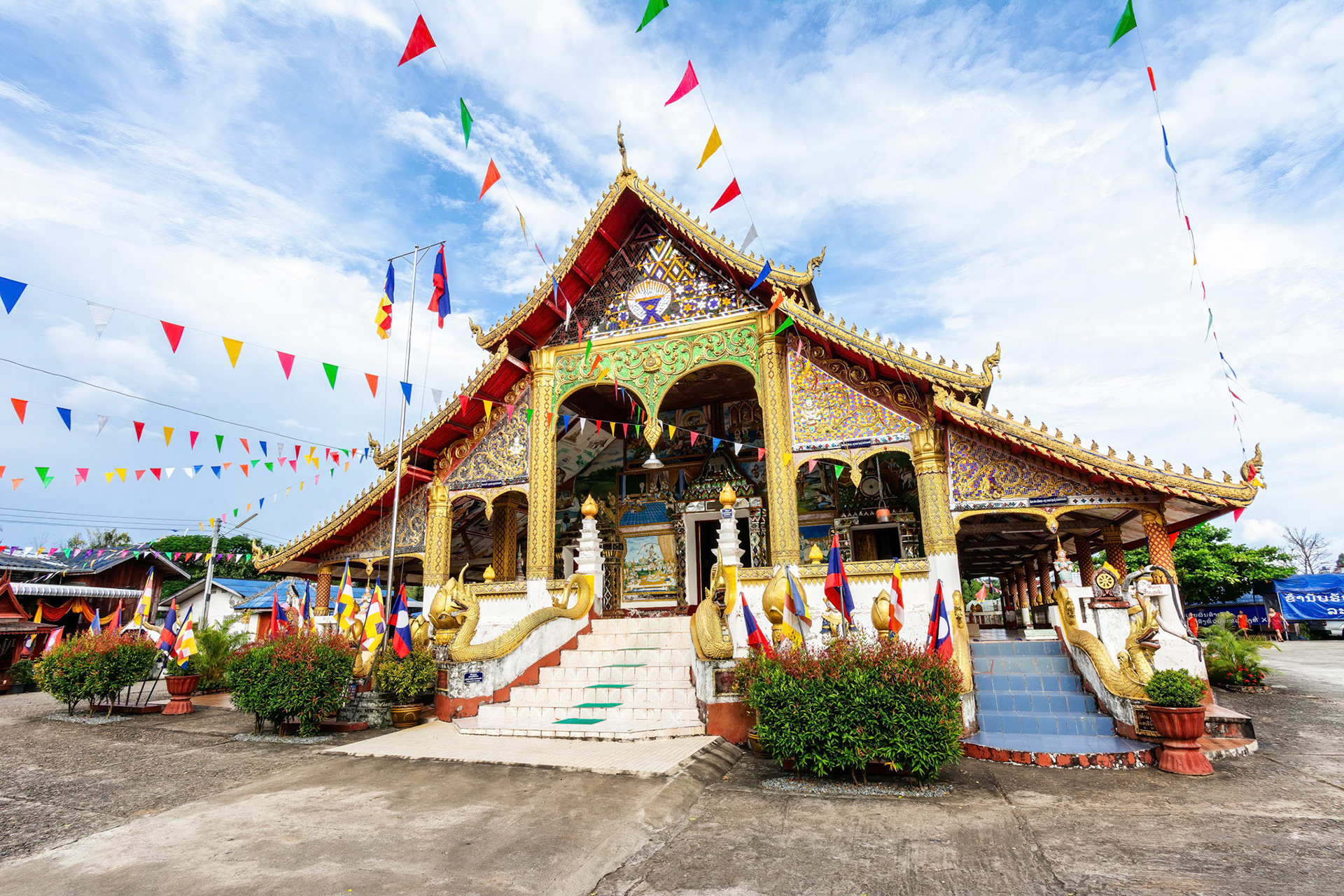
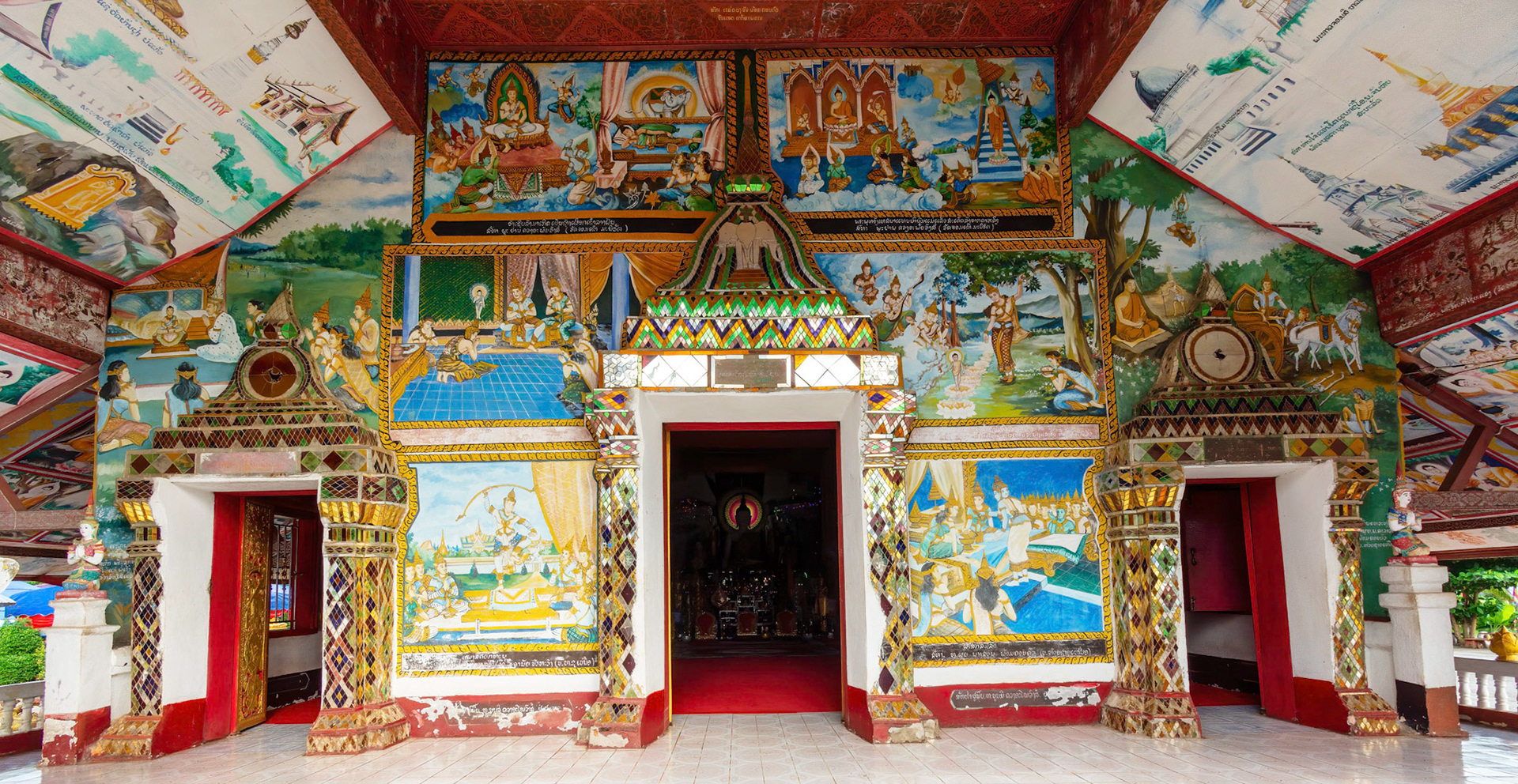
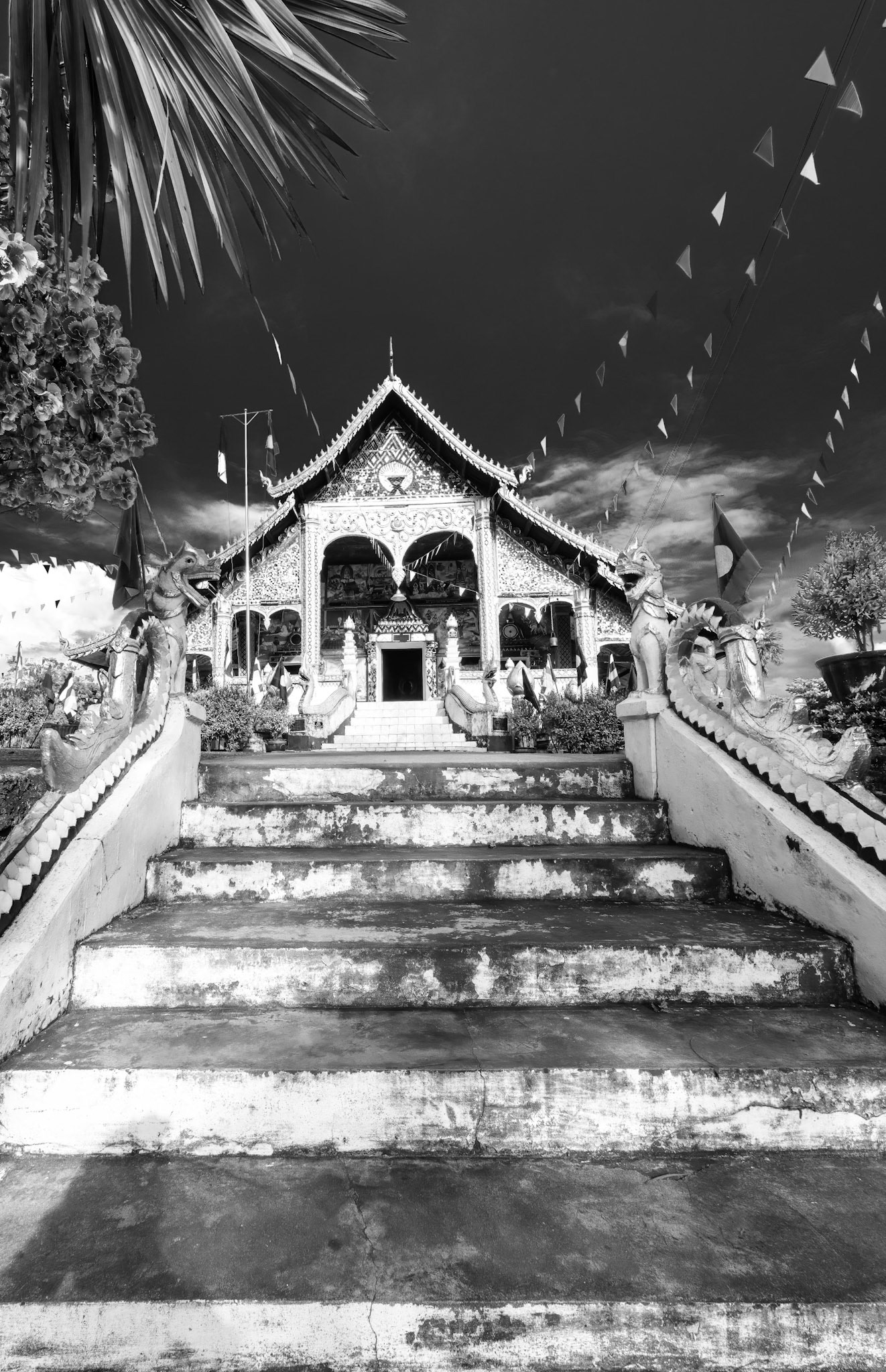

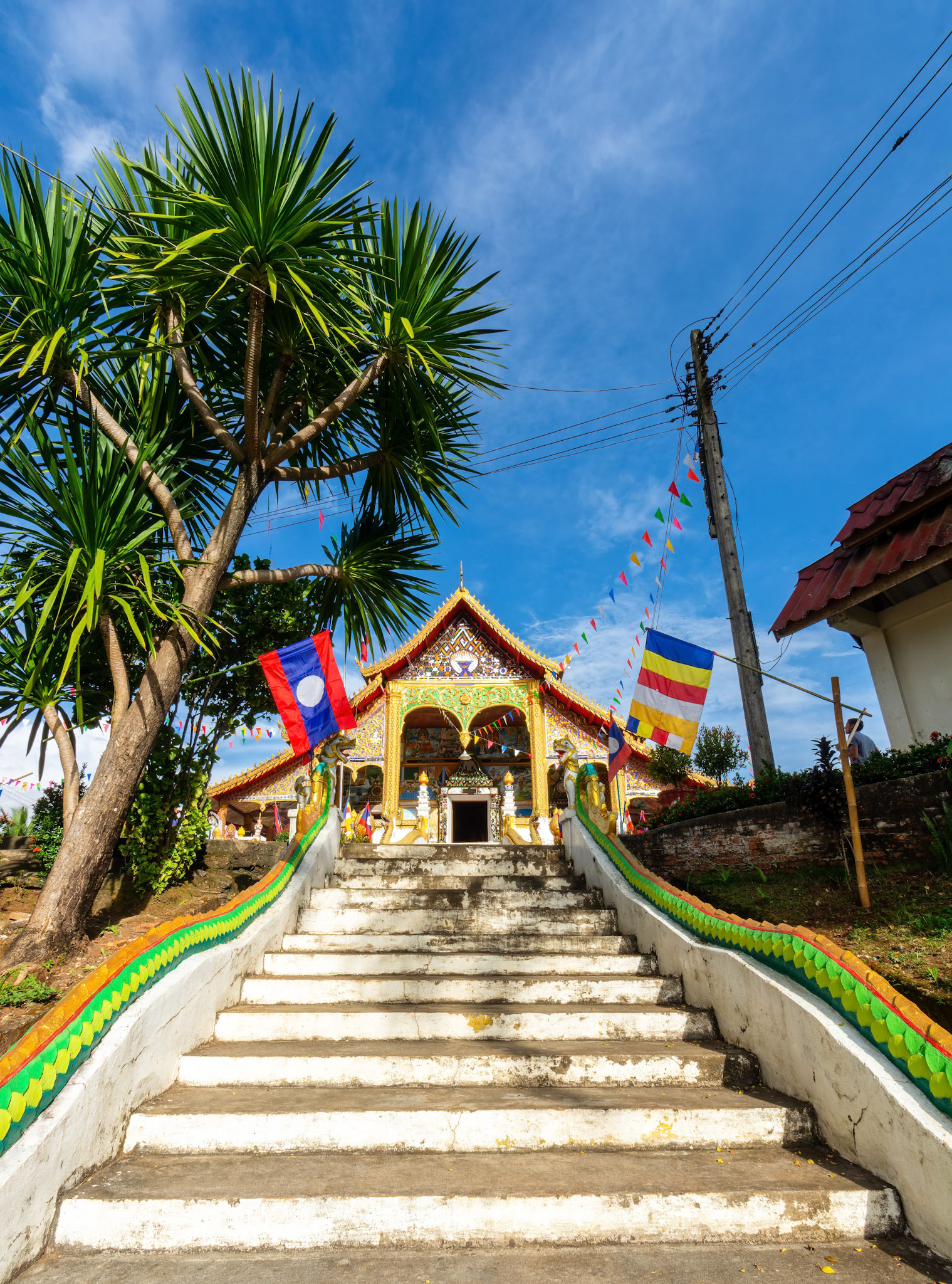

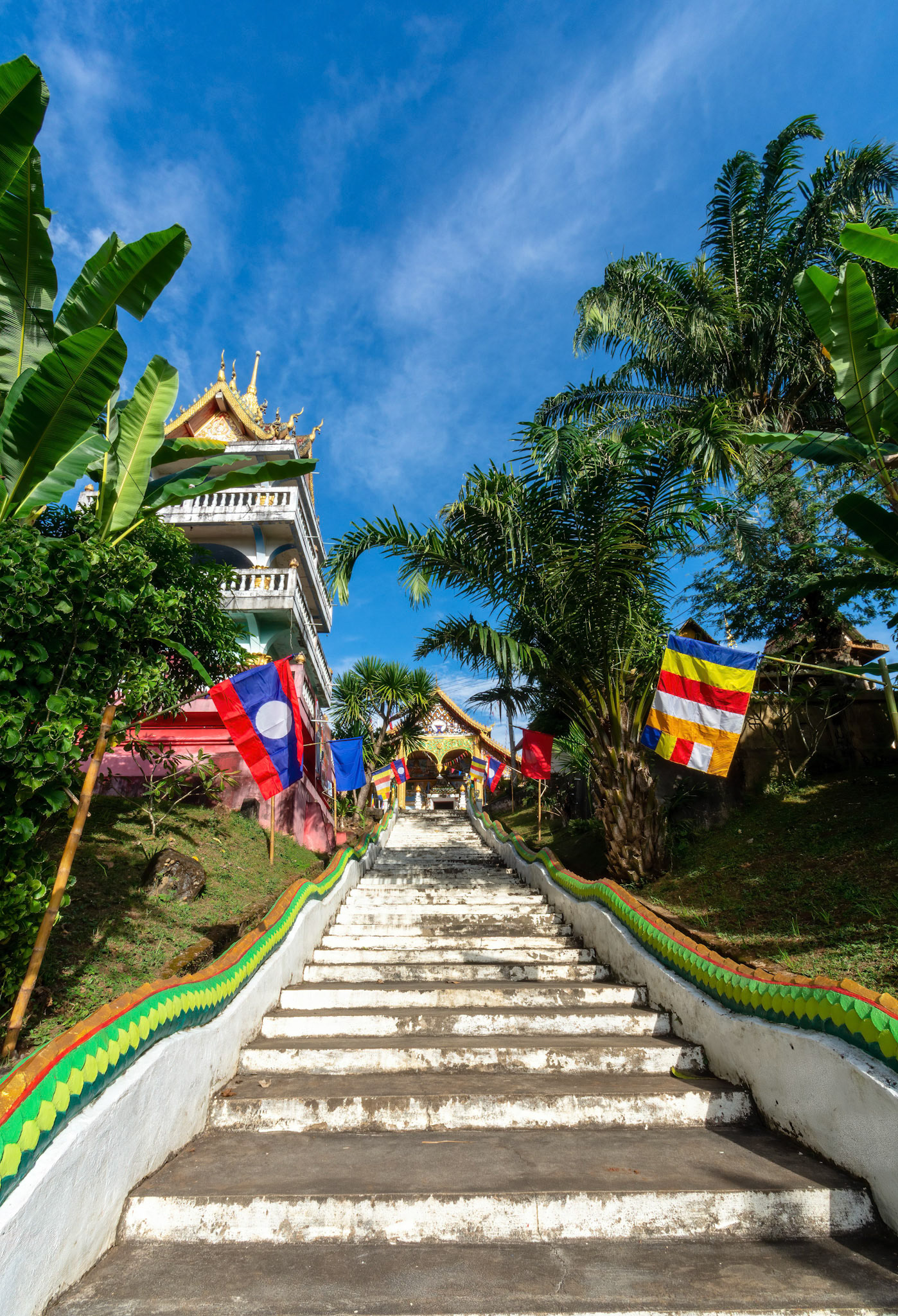
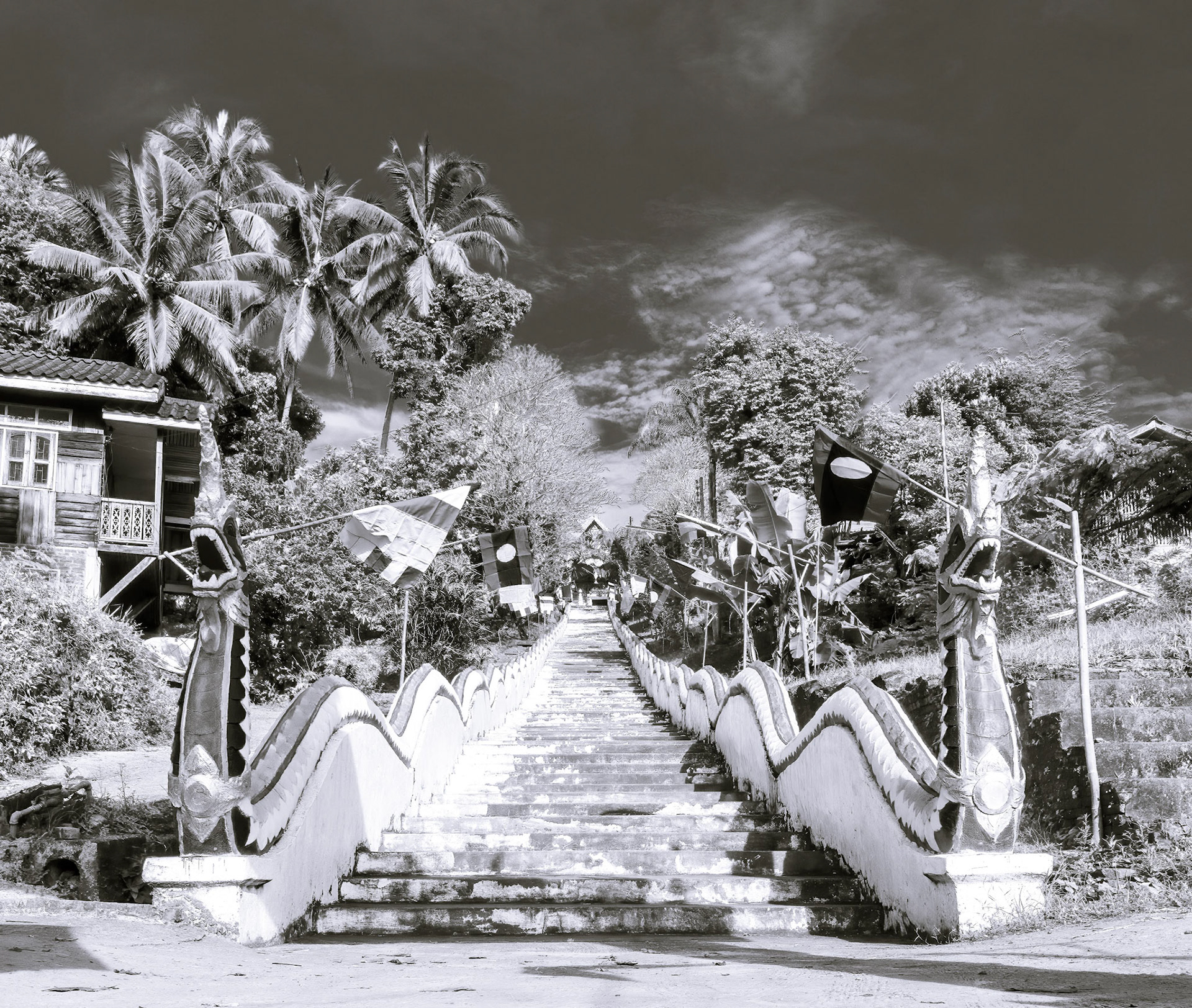
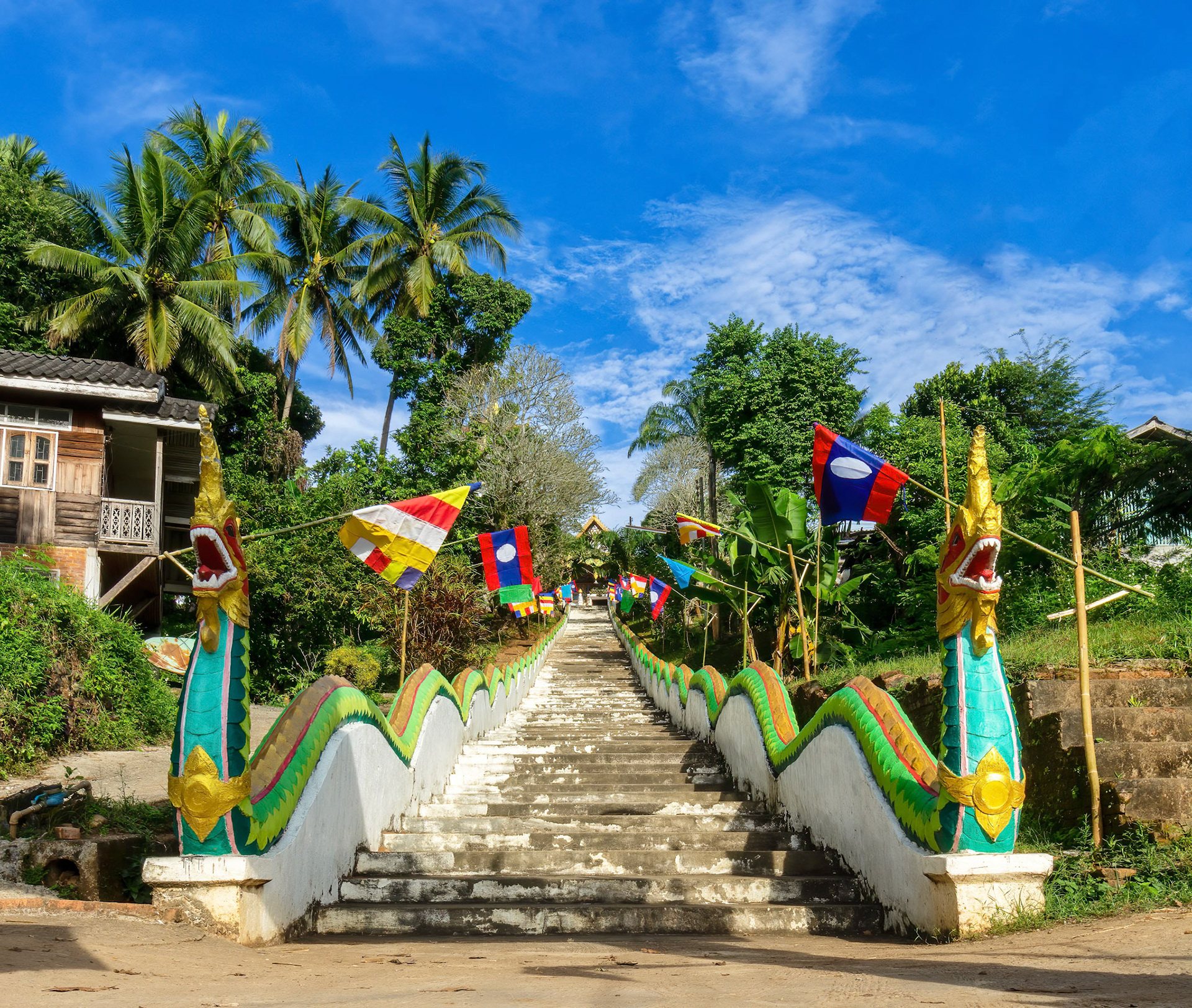
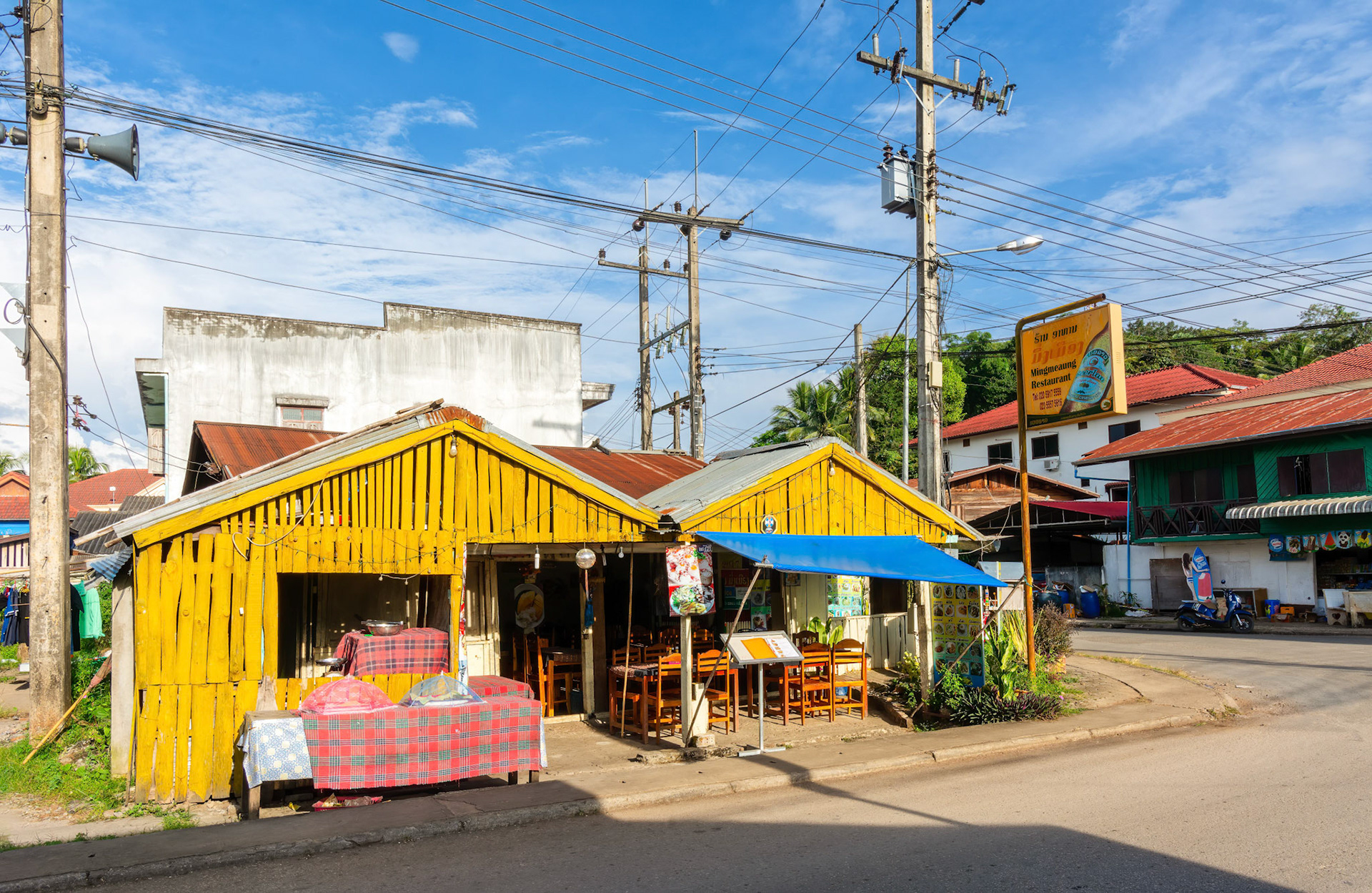



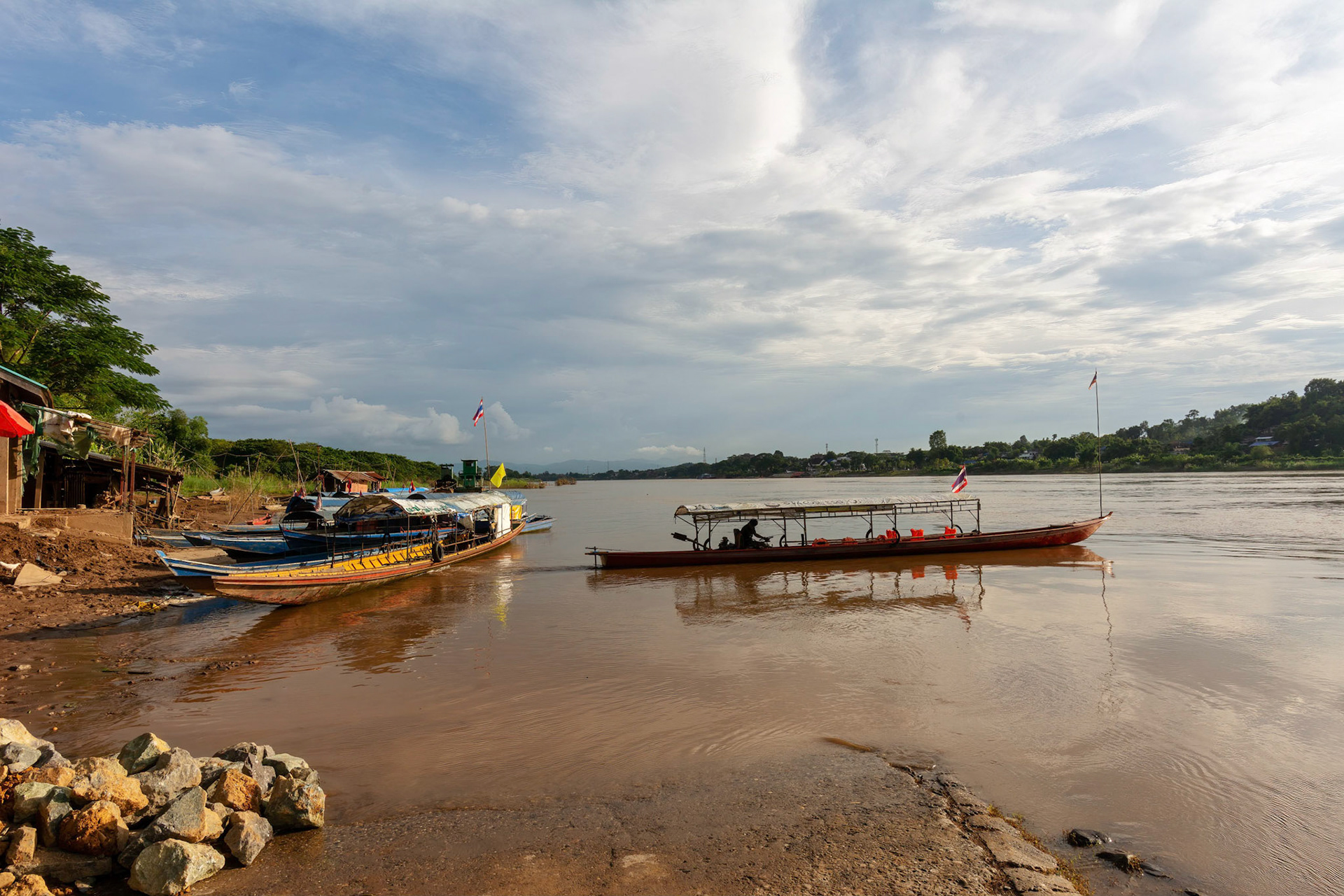
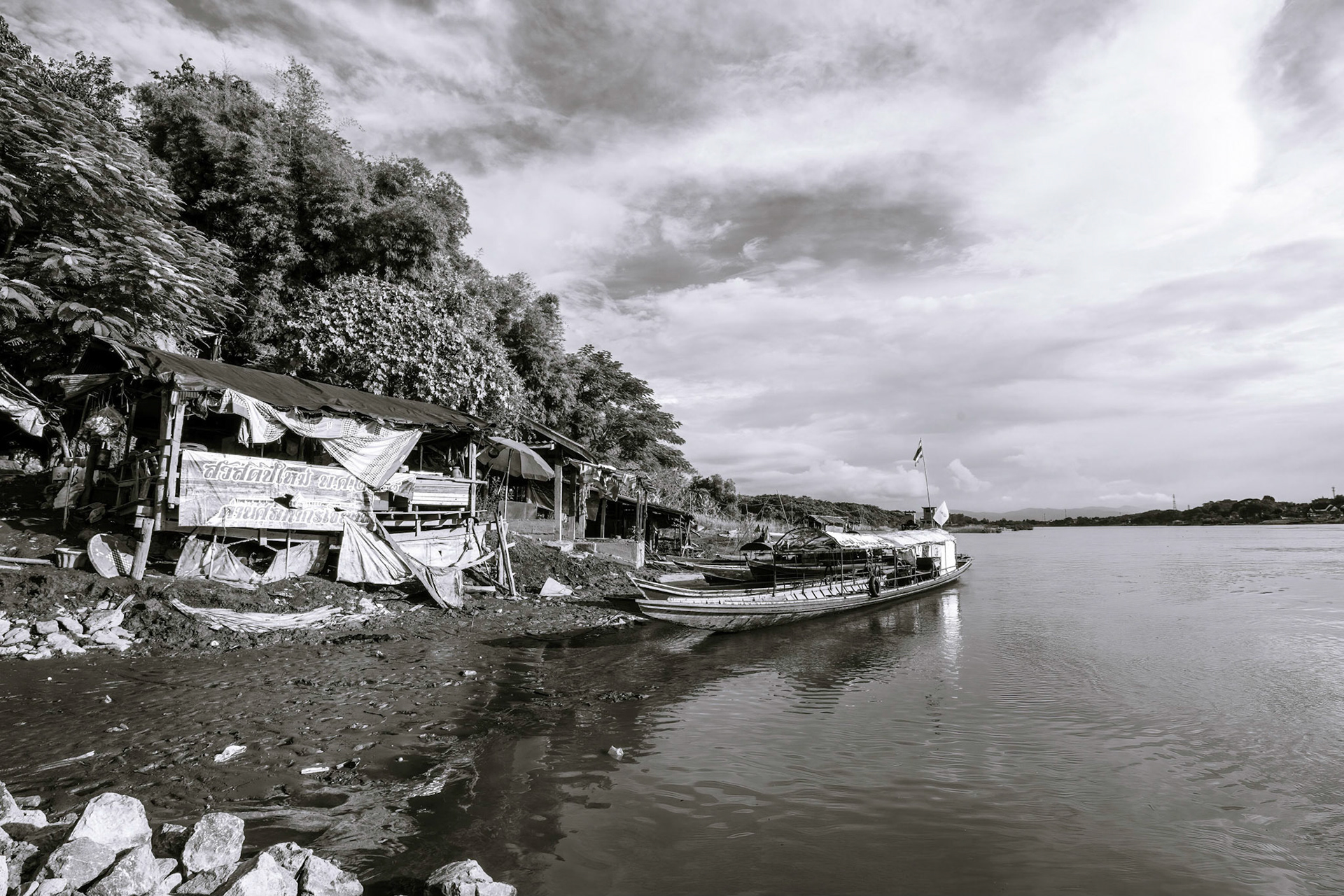
Slow Boat Pier, Huay Xai, Laos
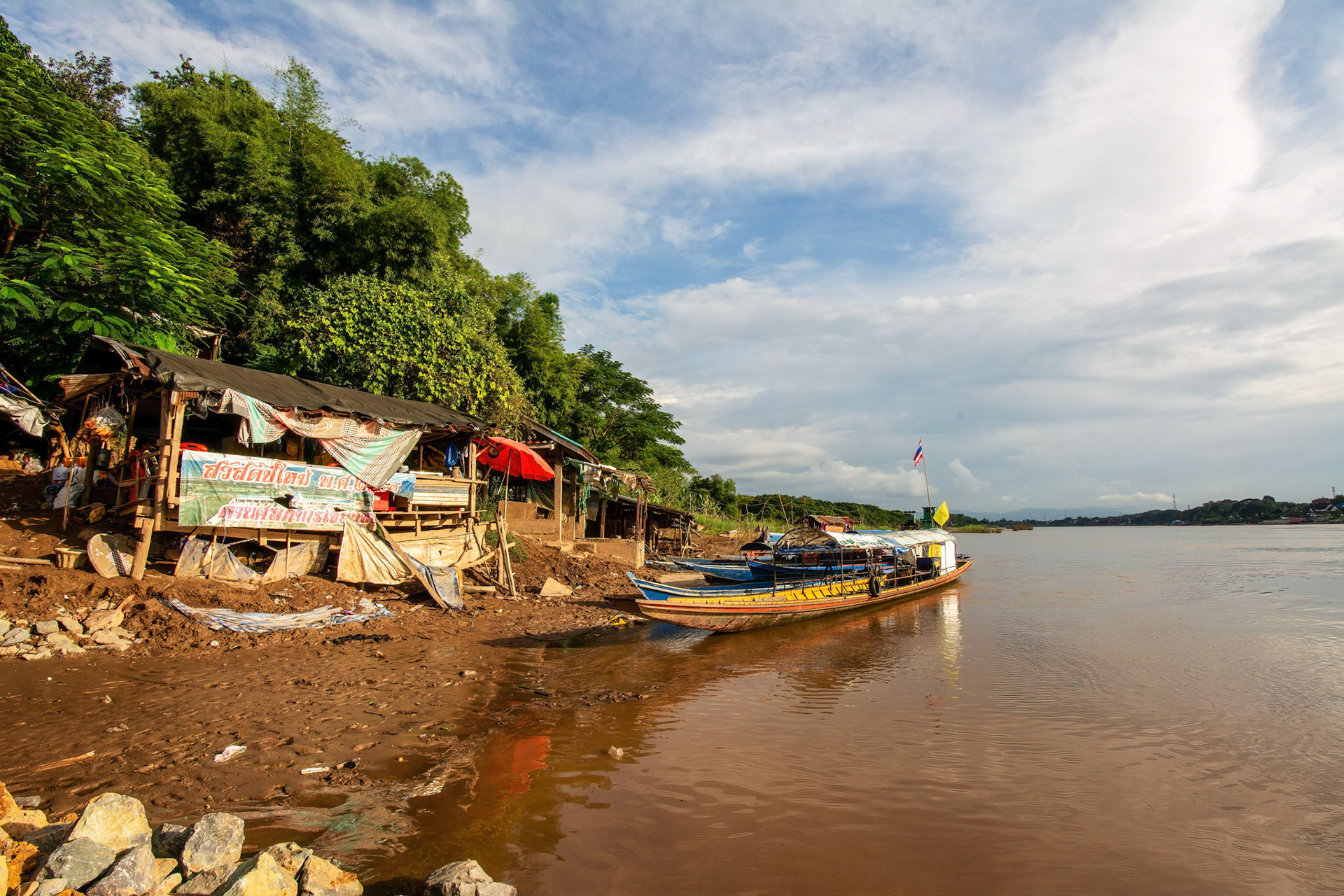
Slow Boat Pier, Huay Xai, Laos
